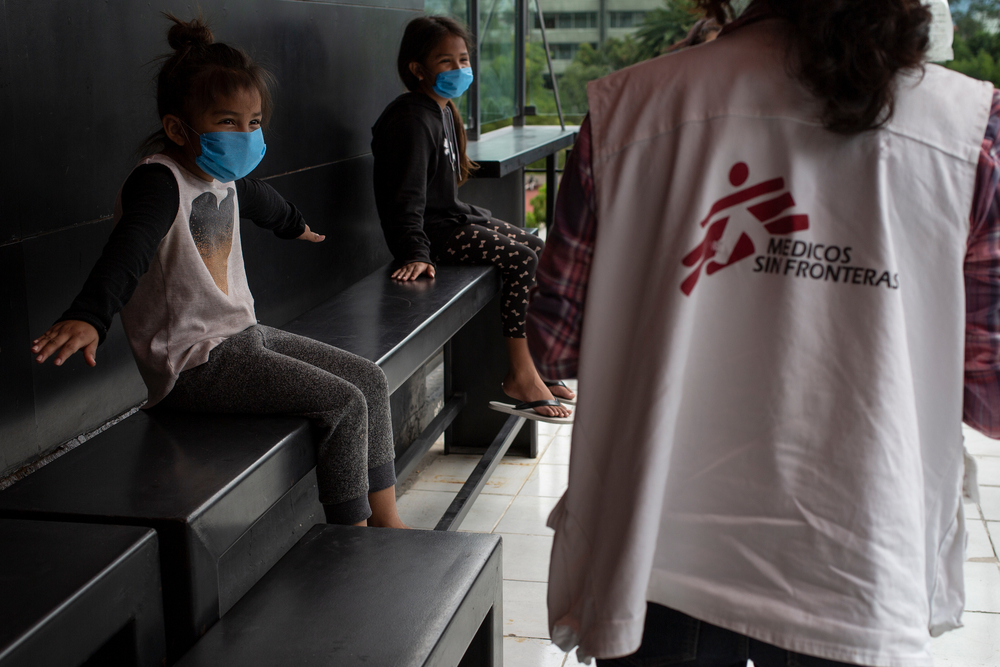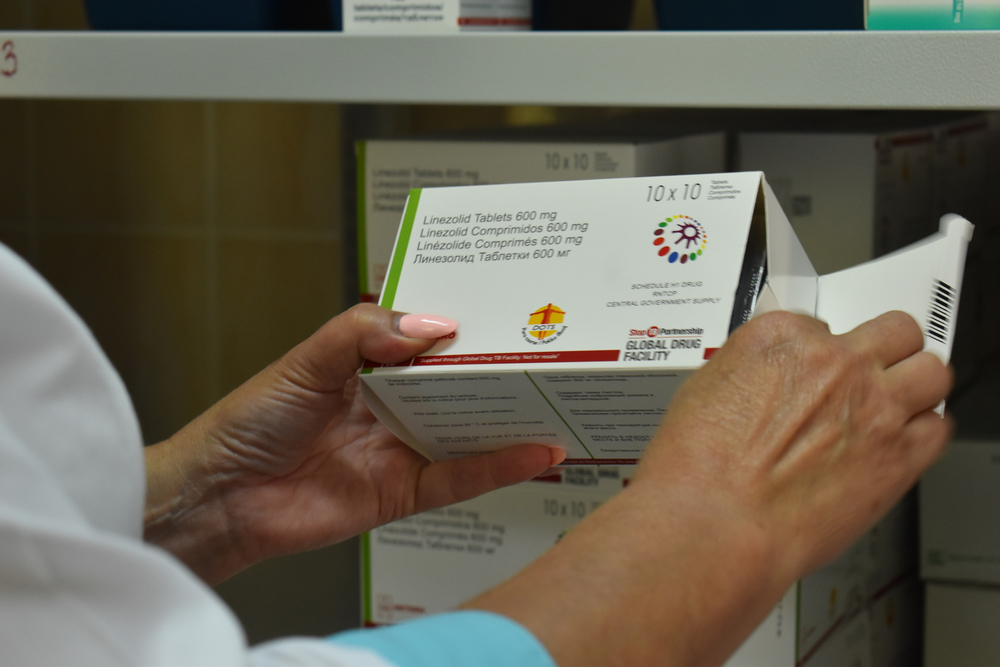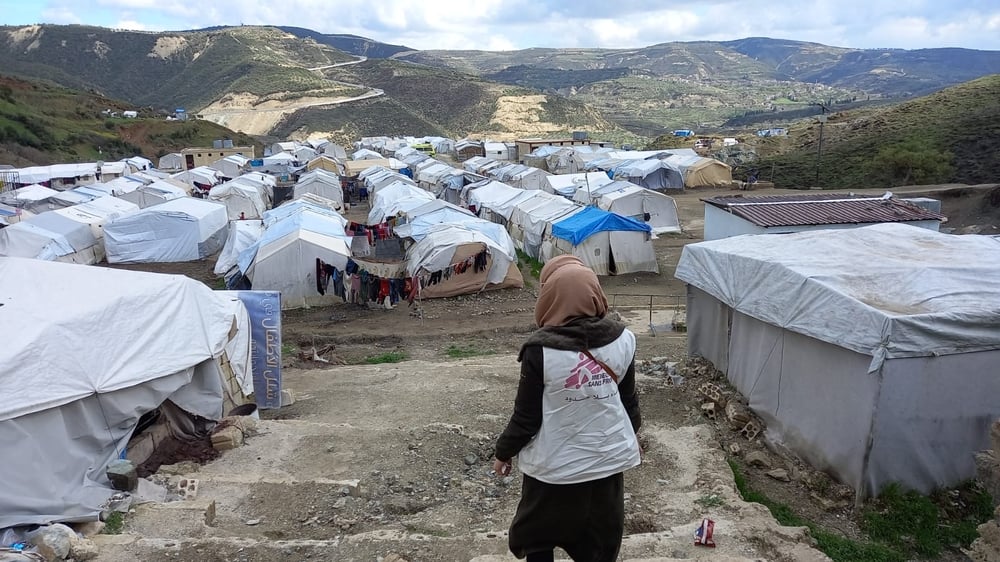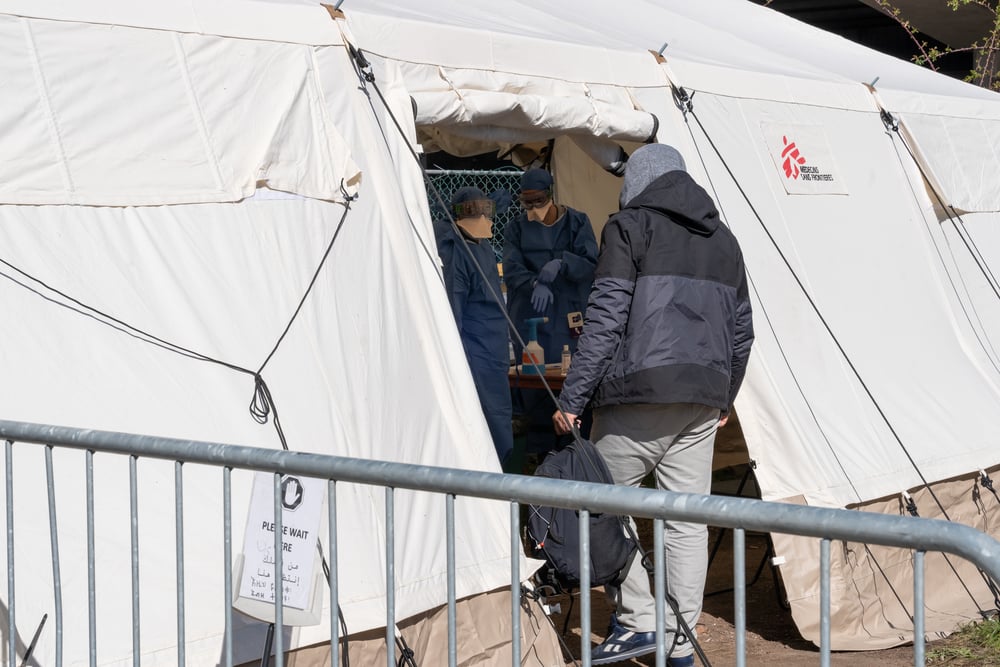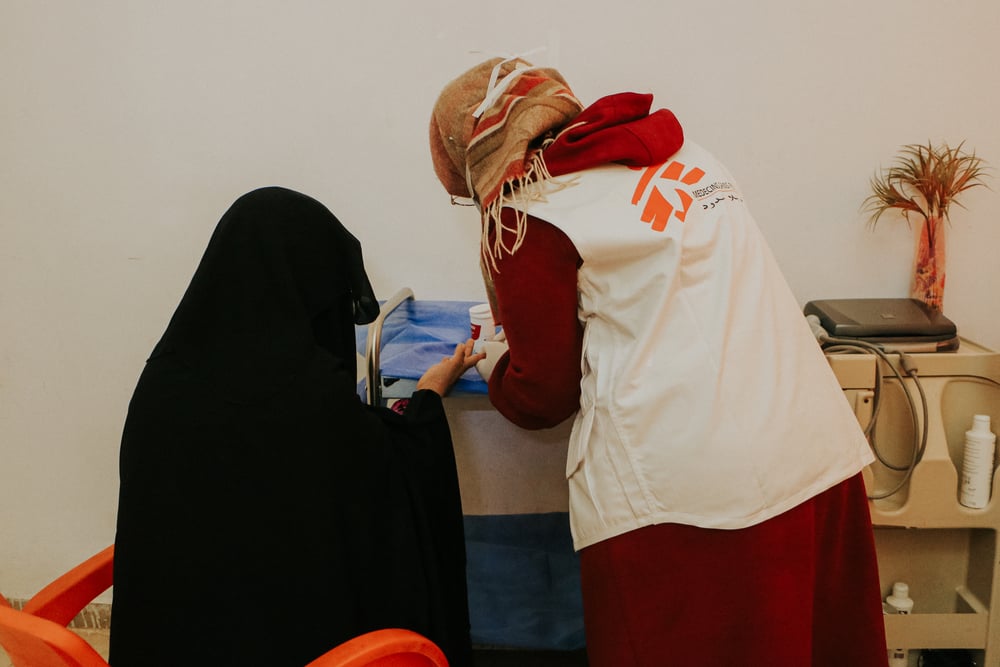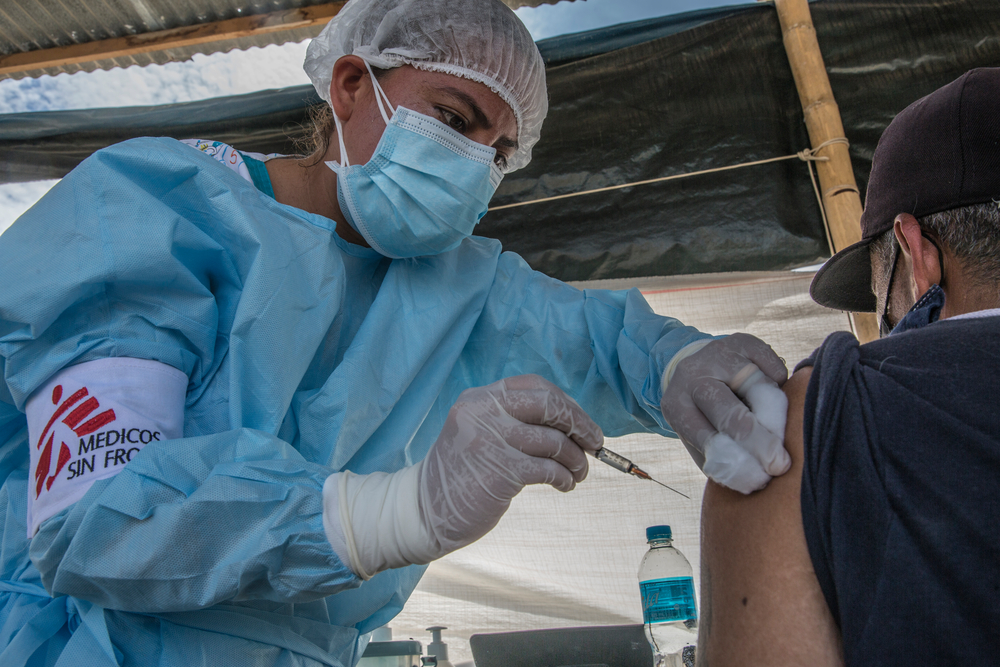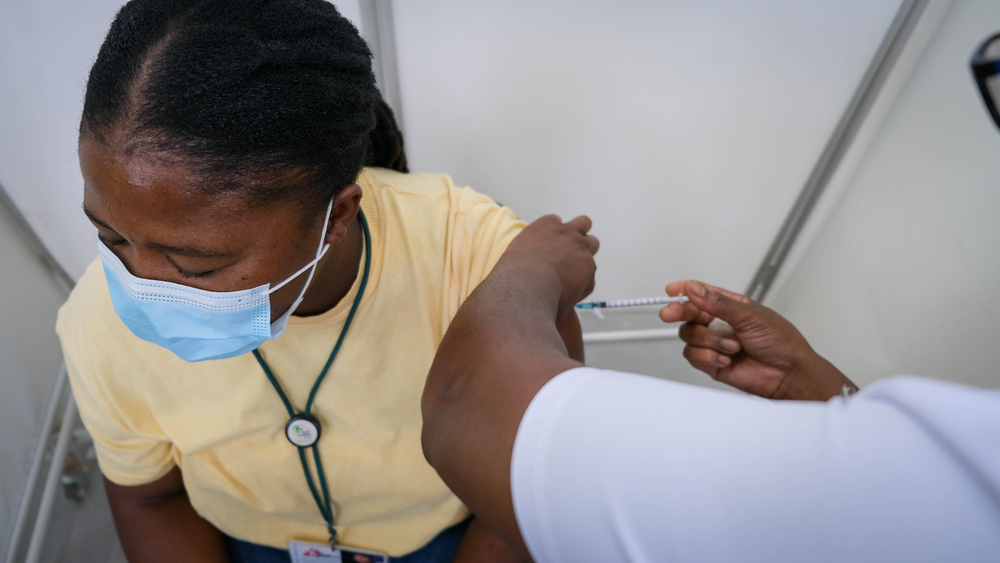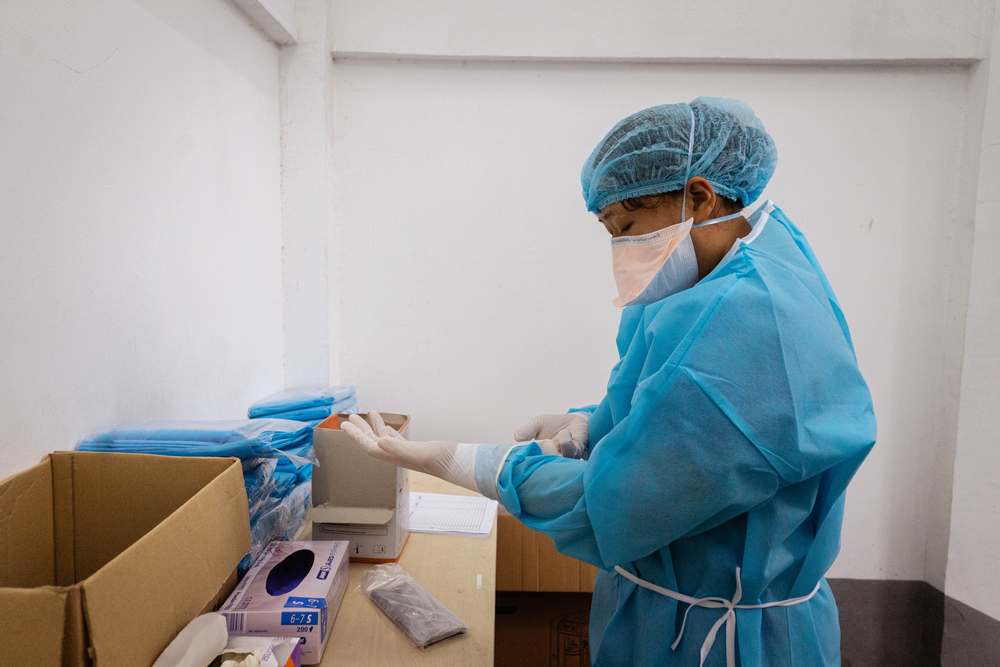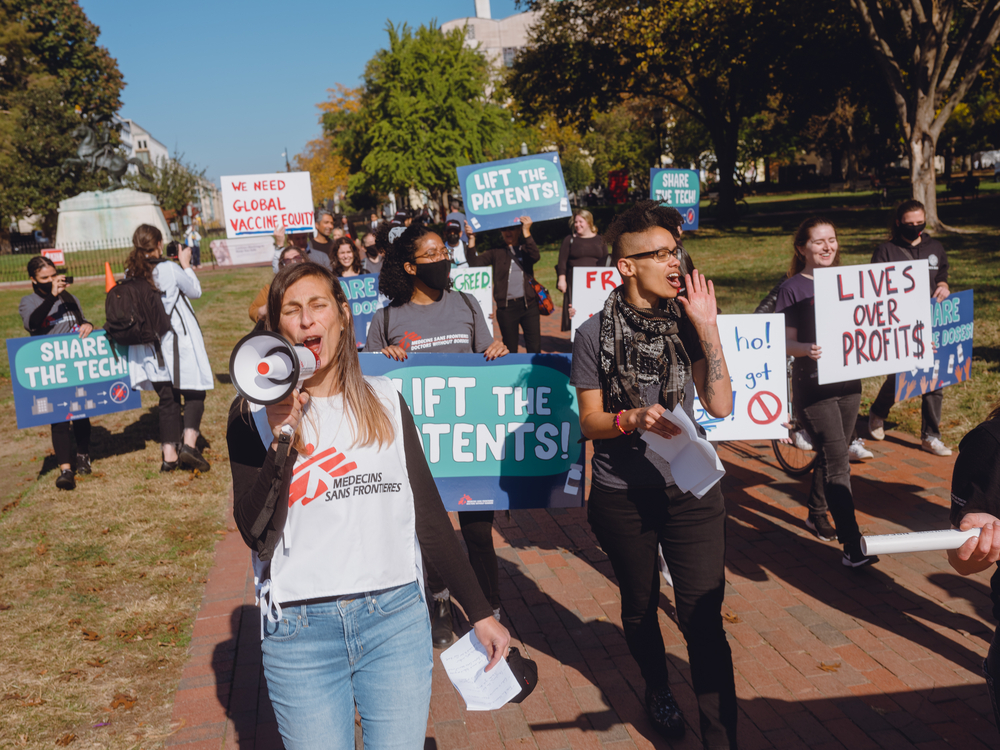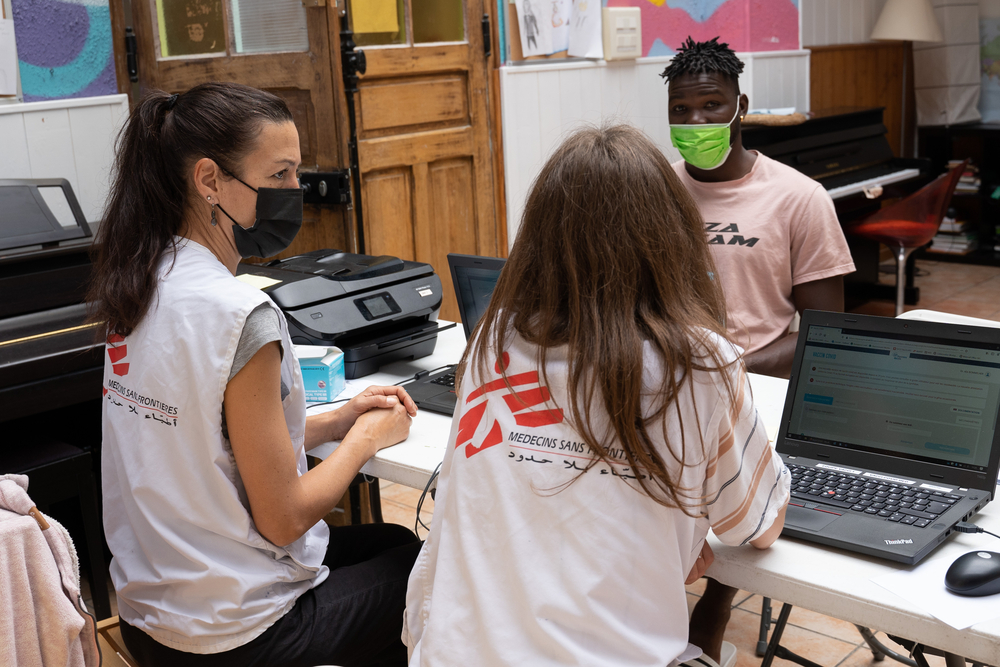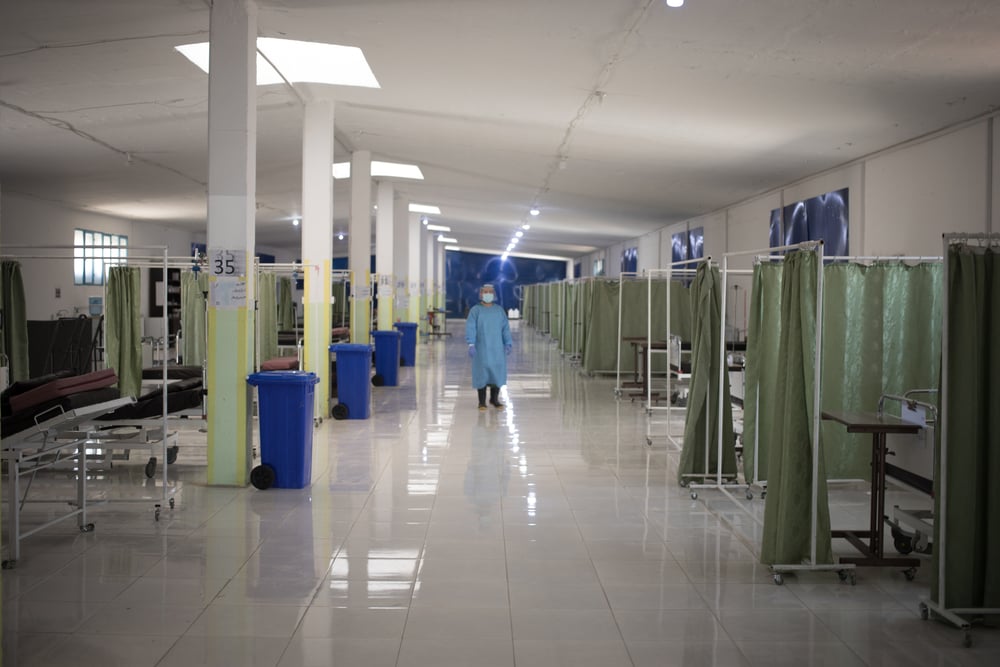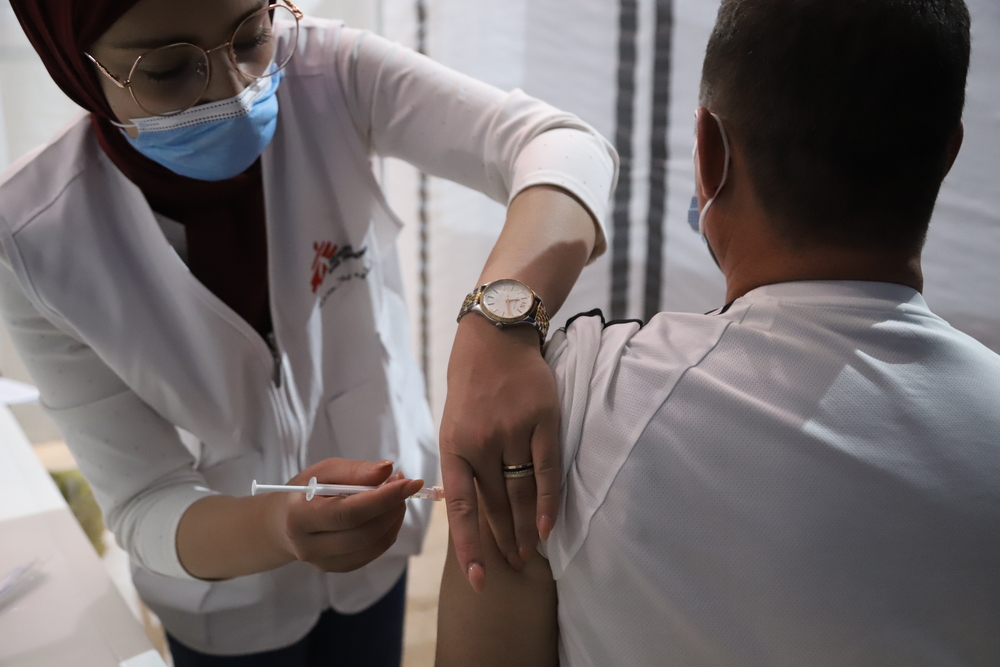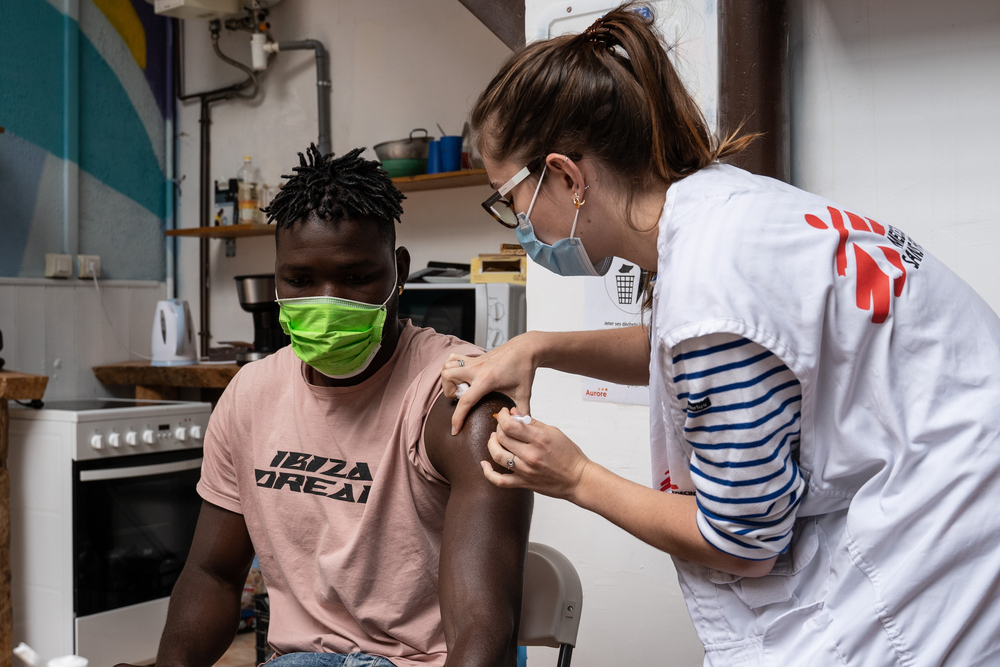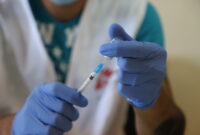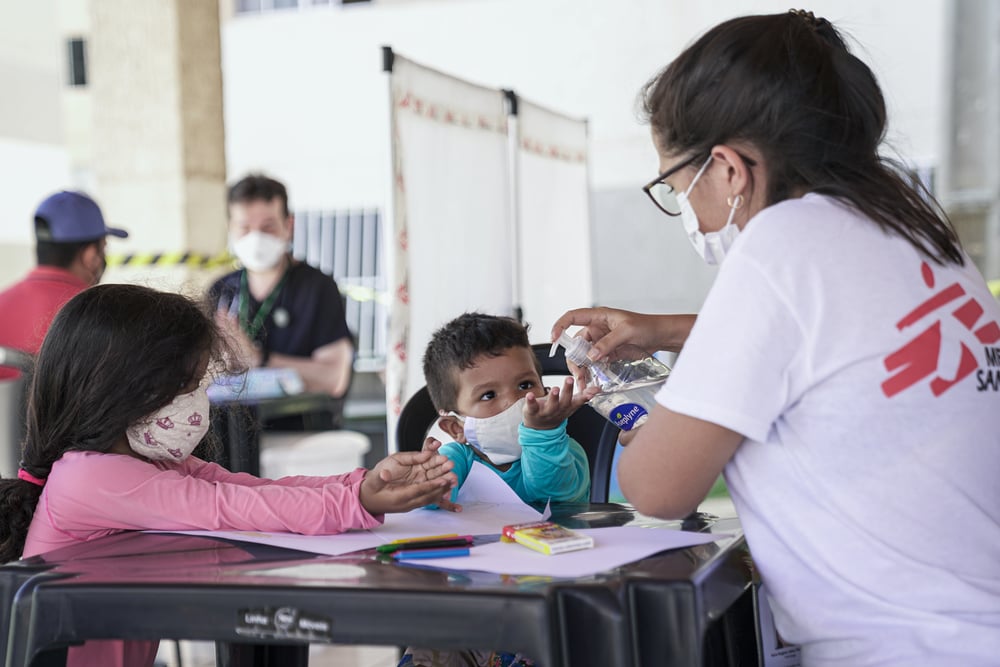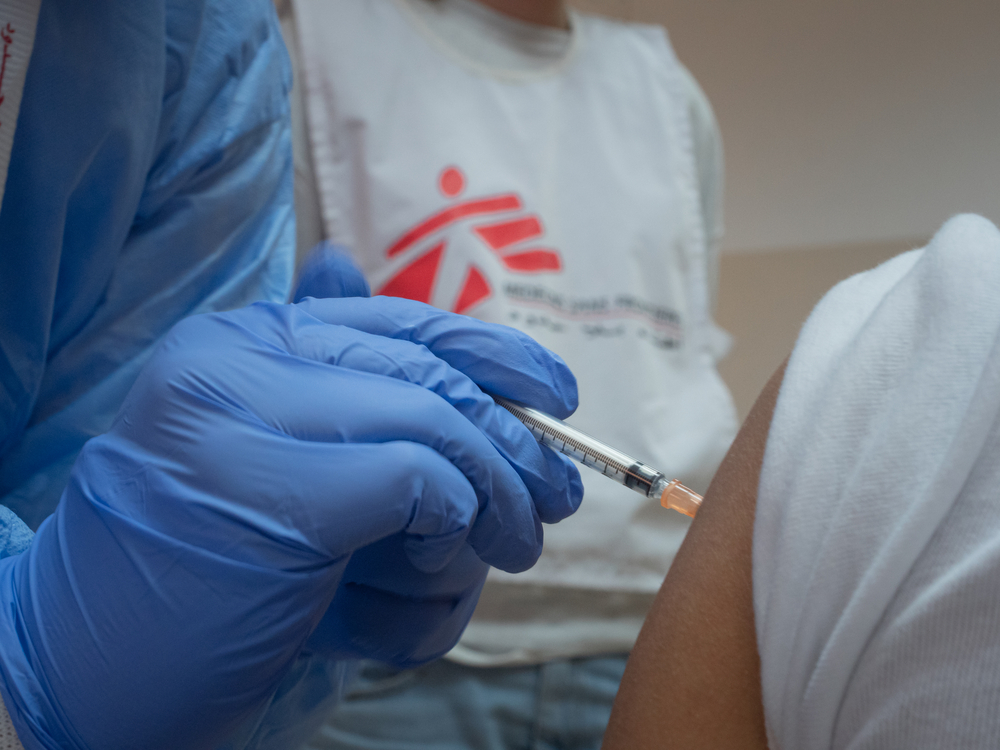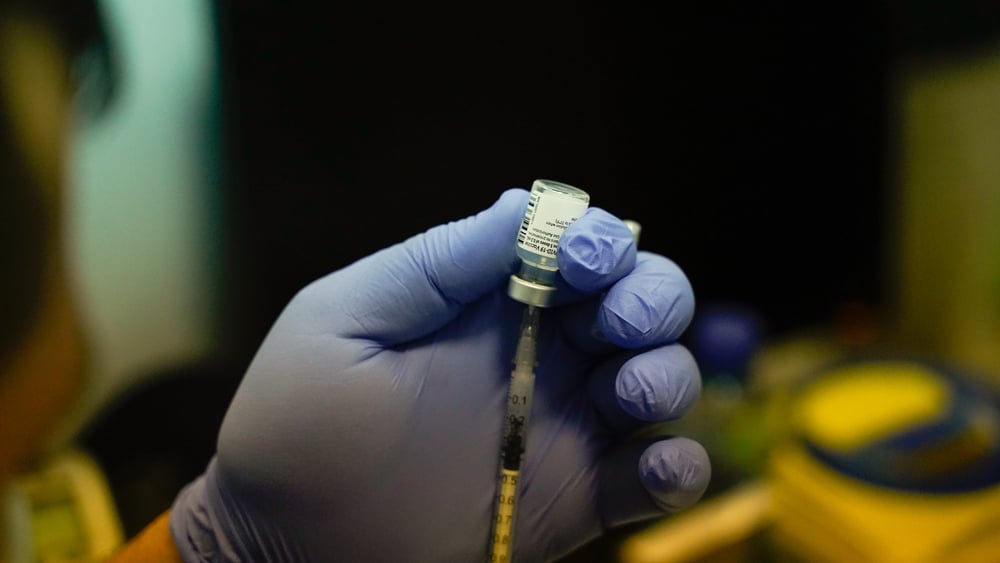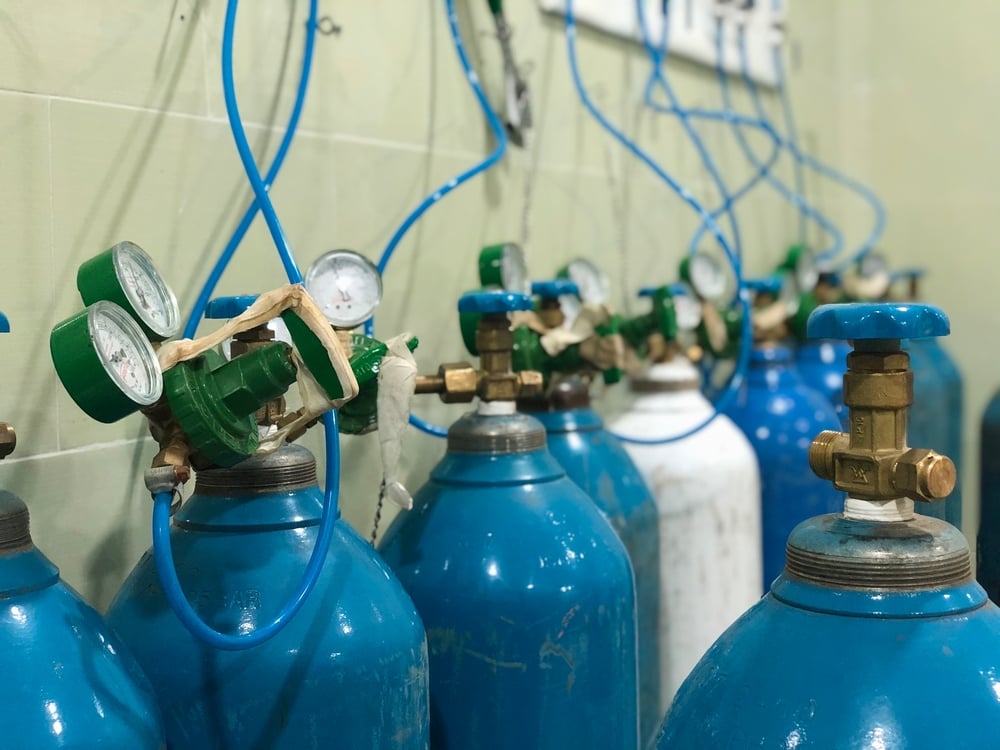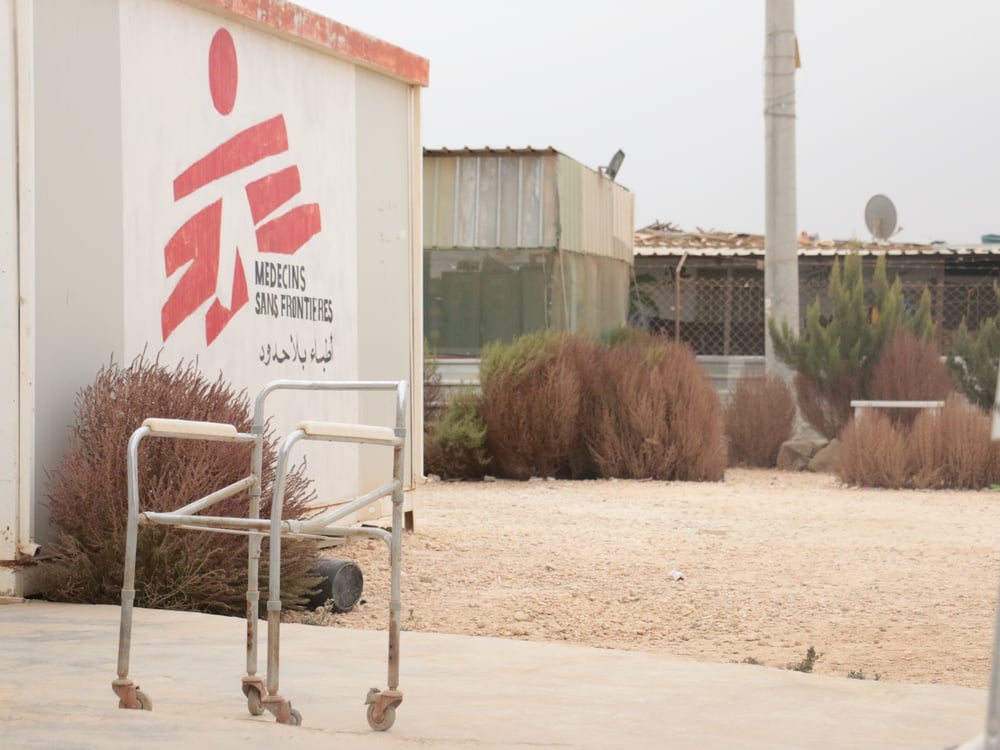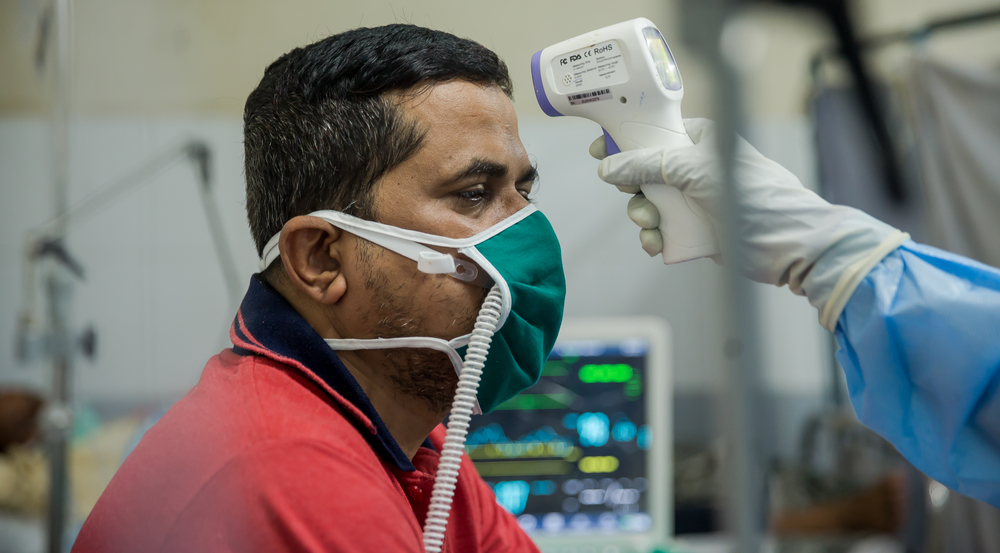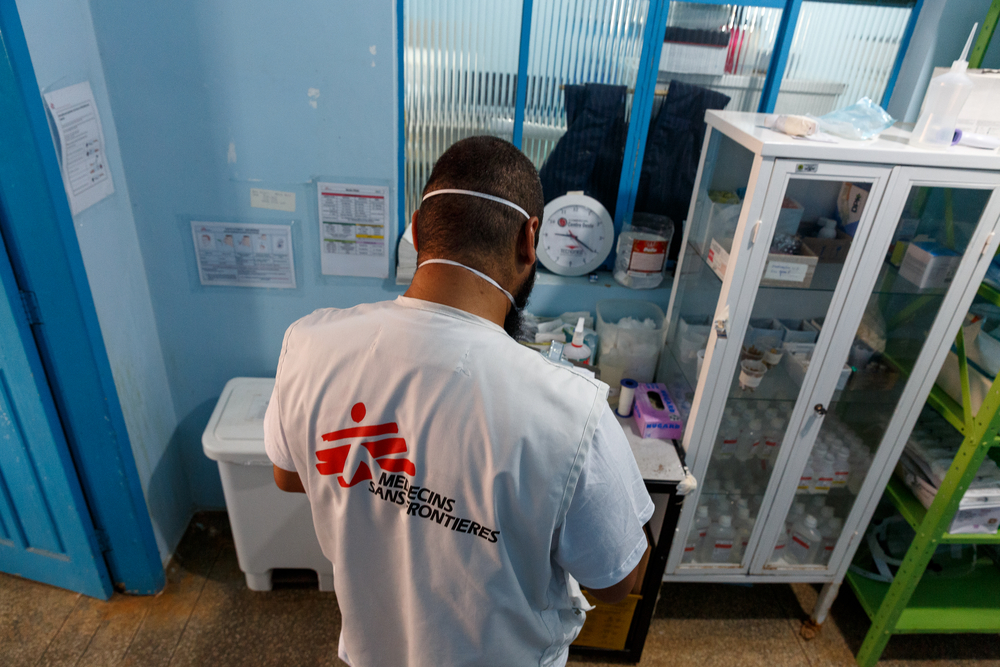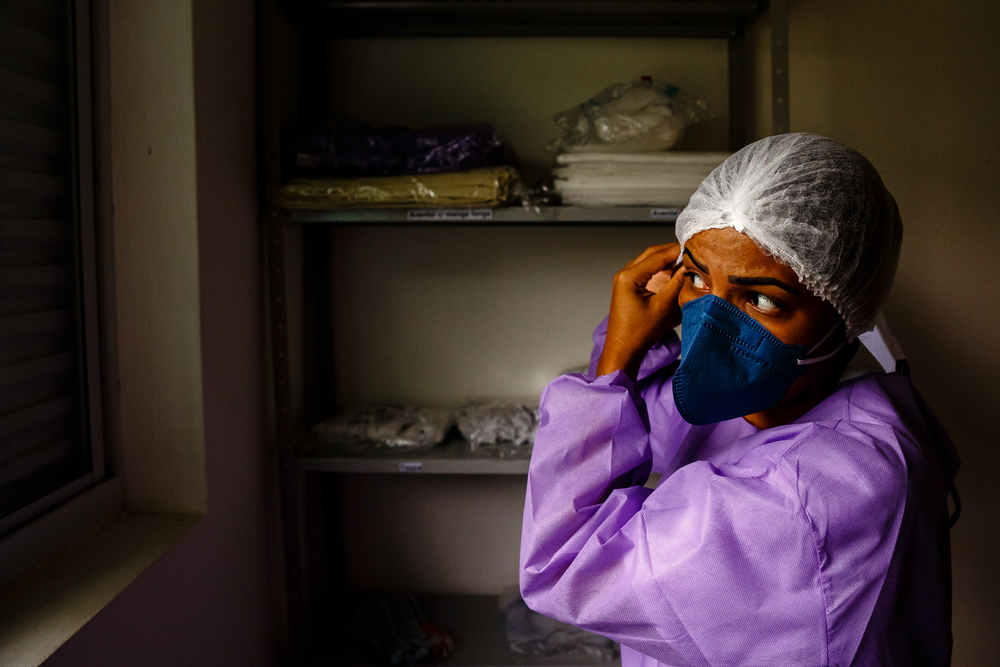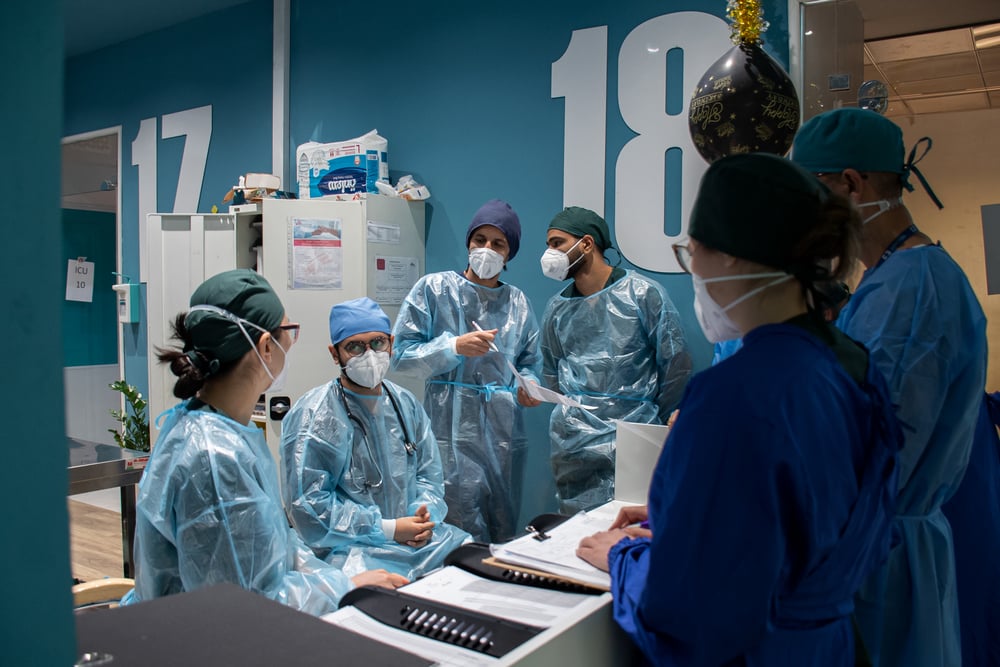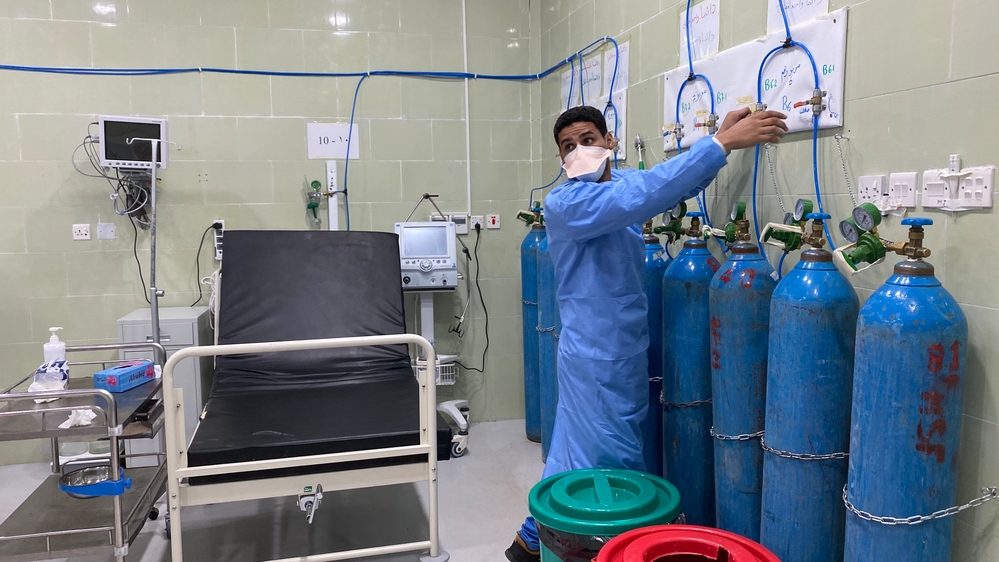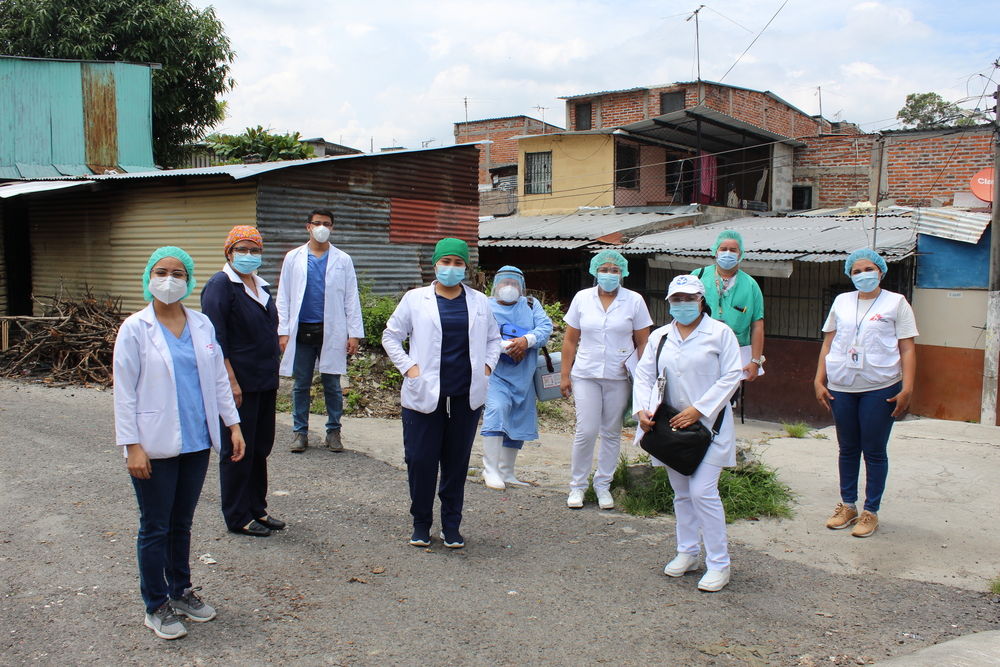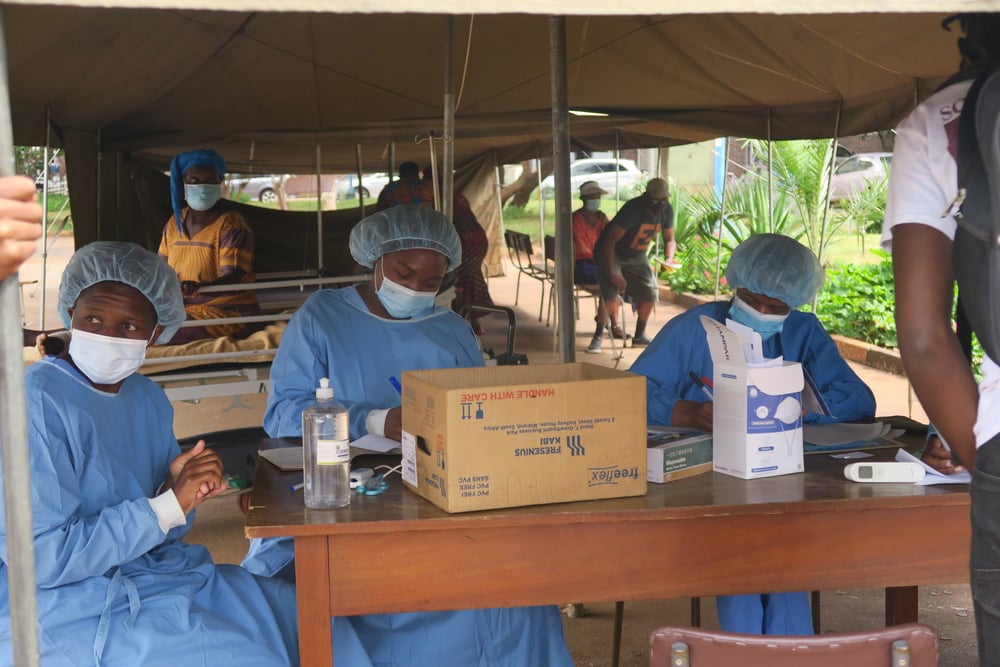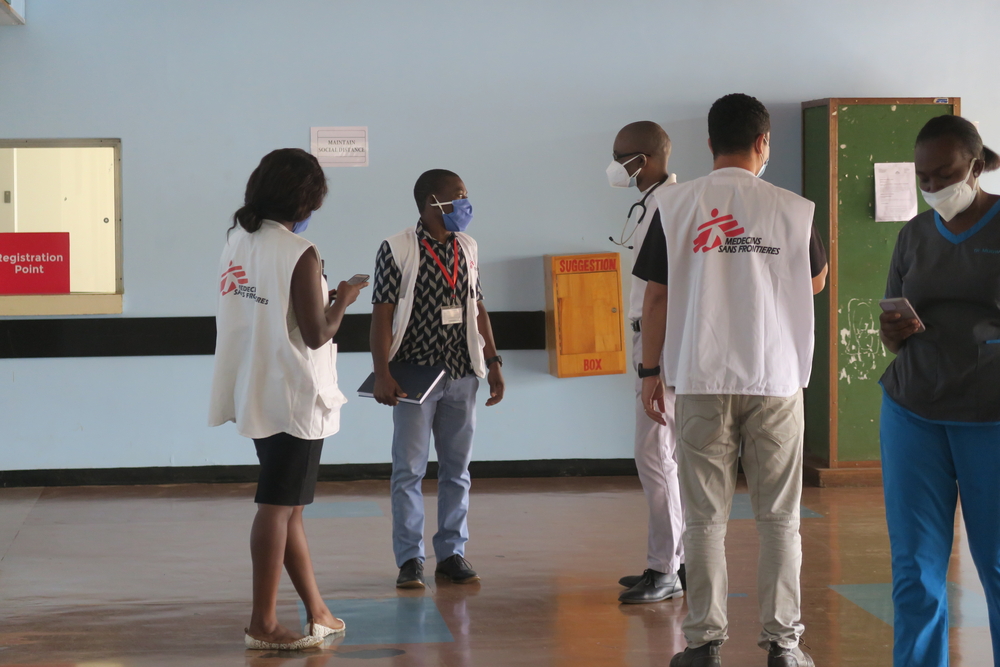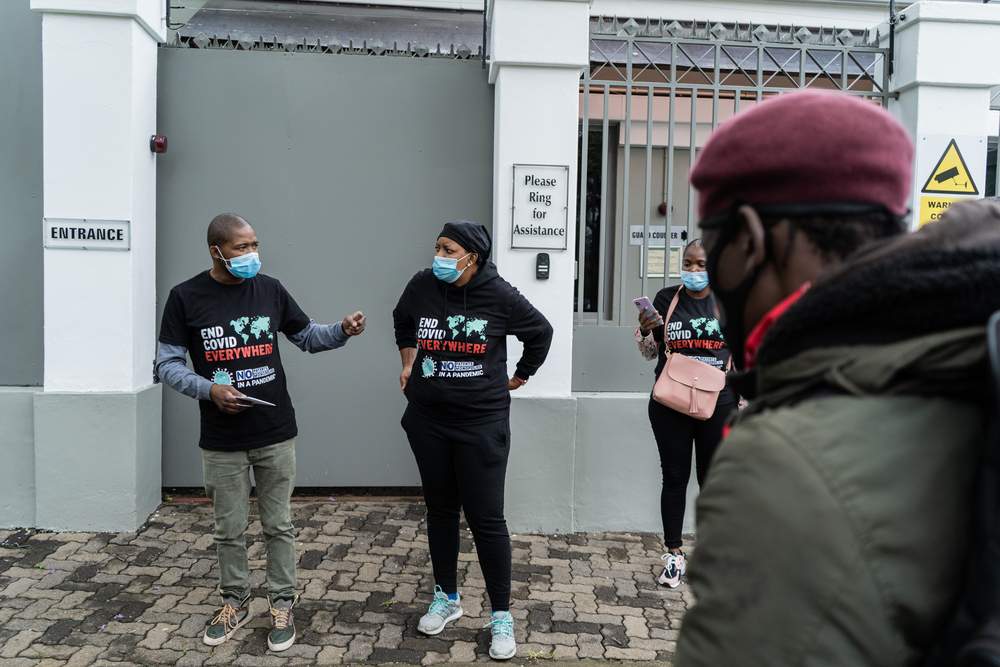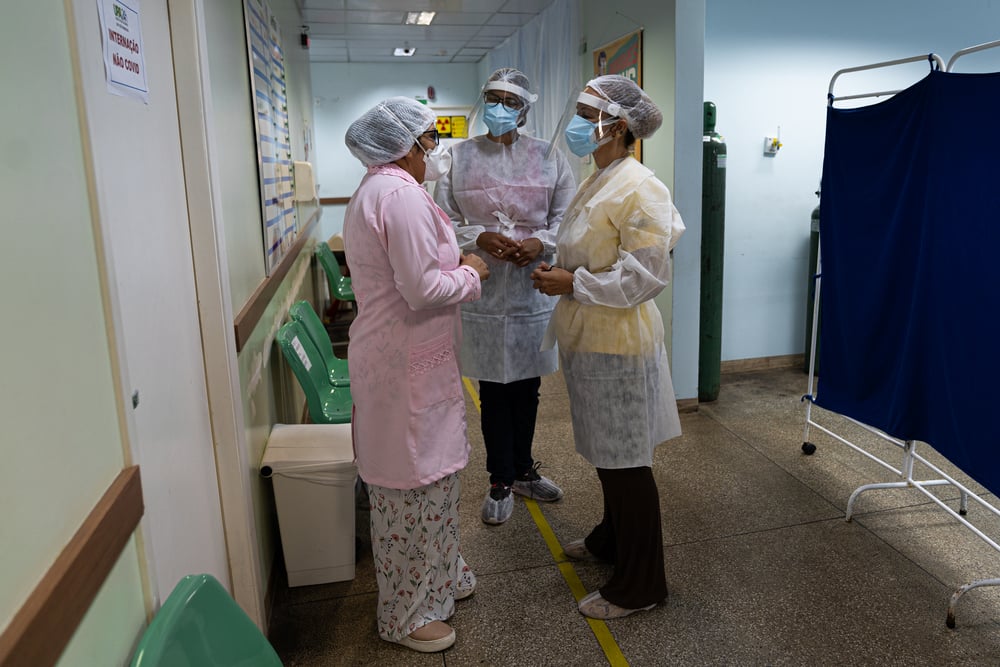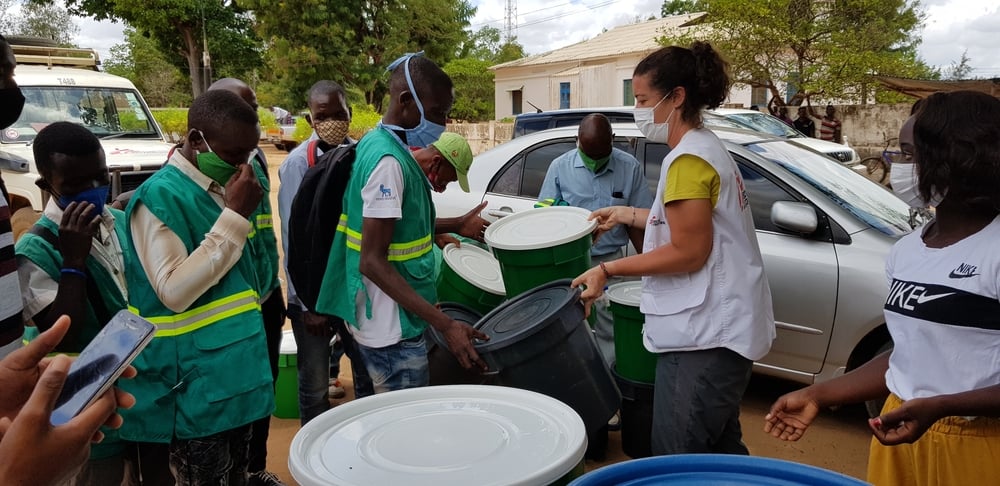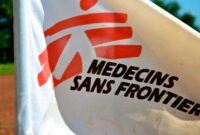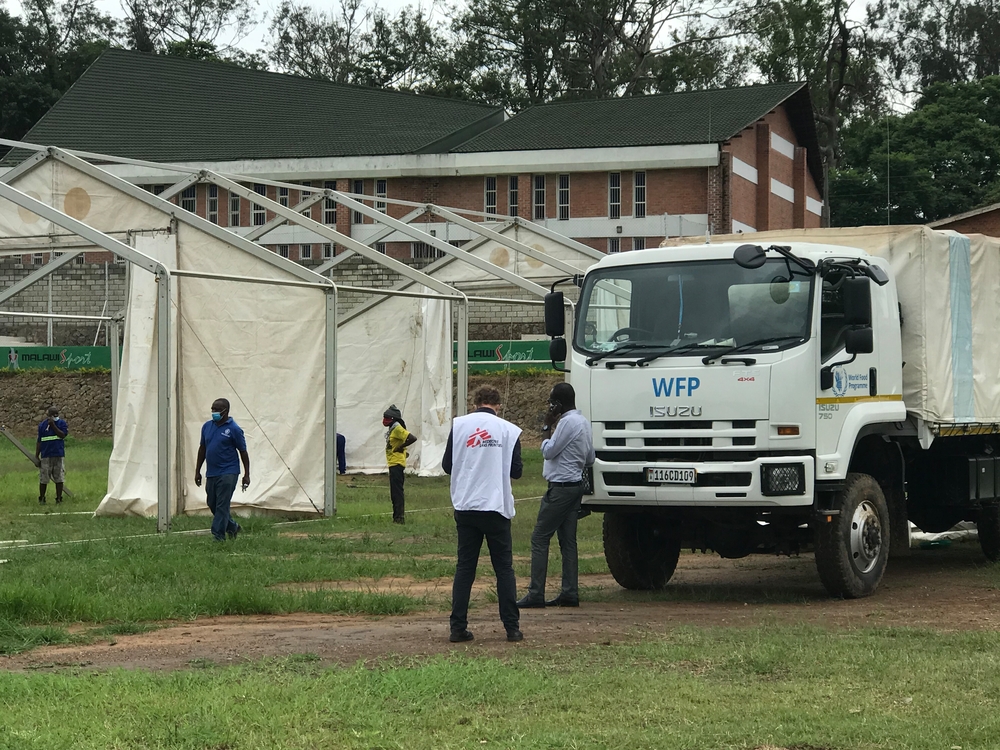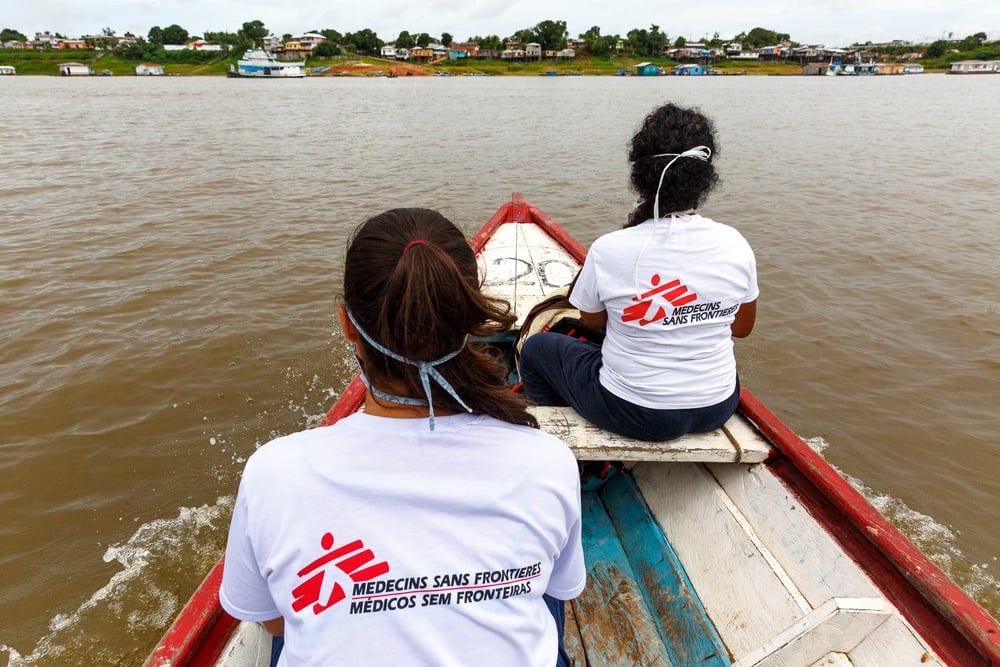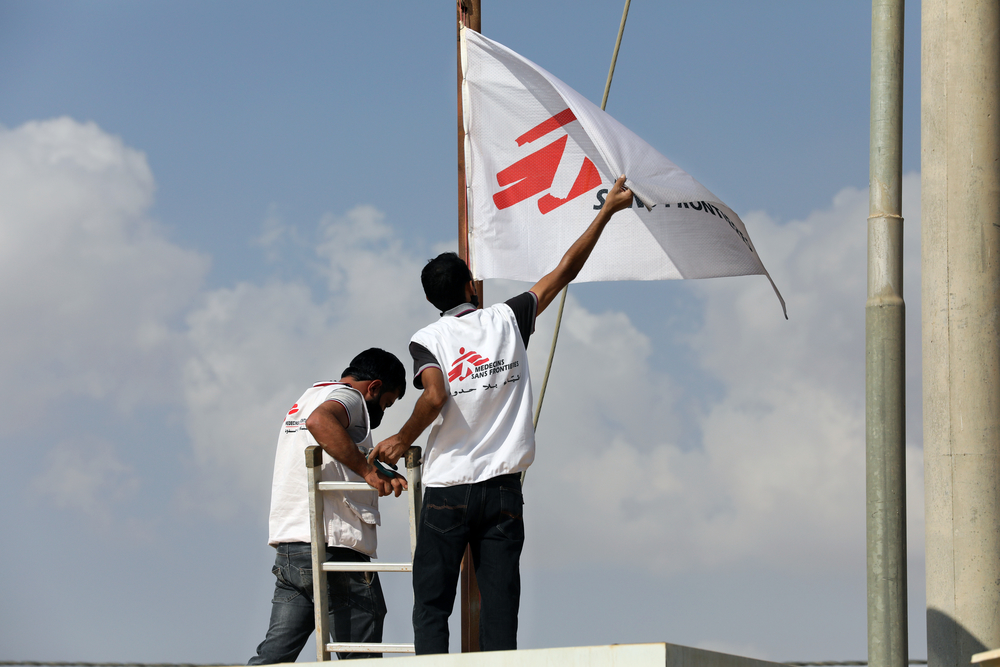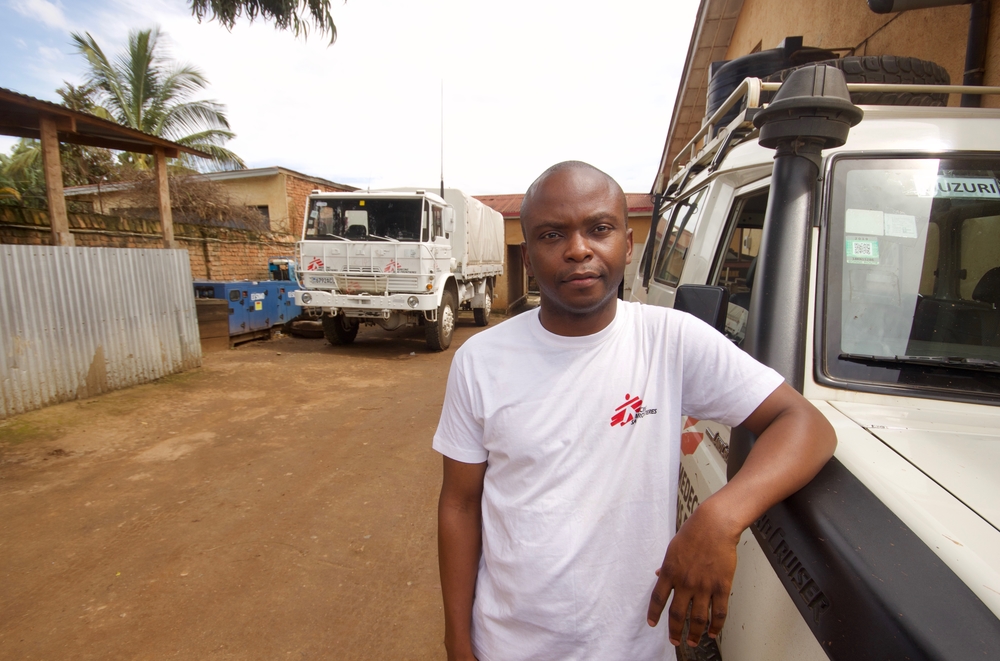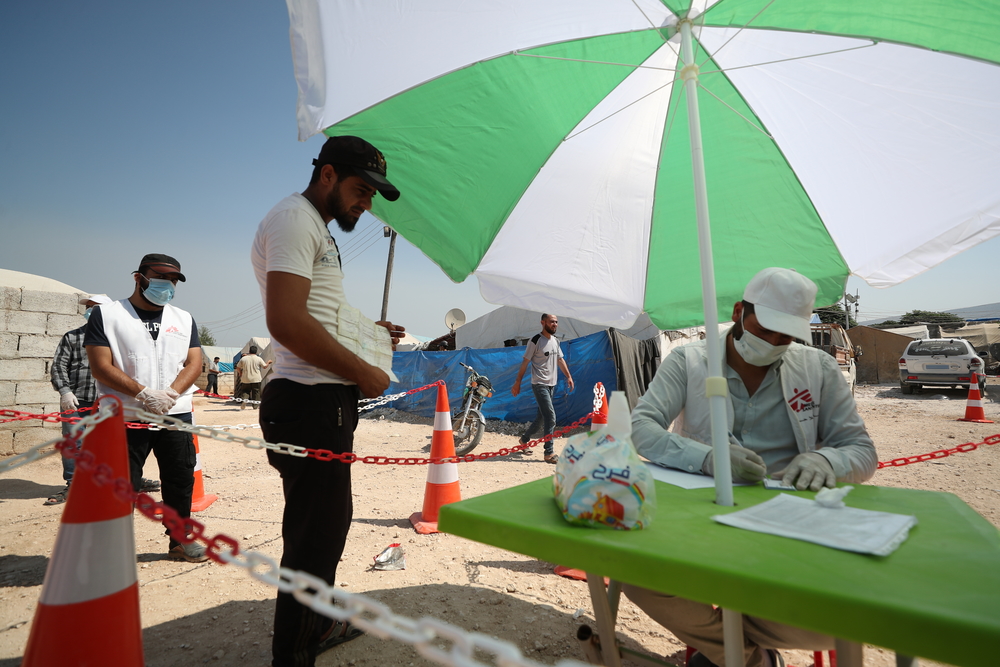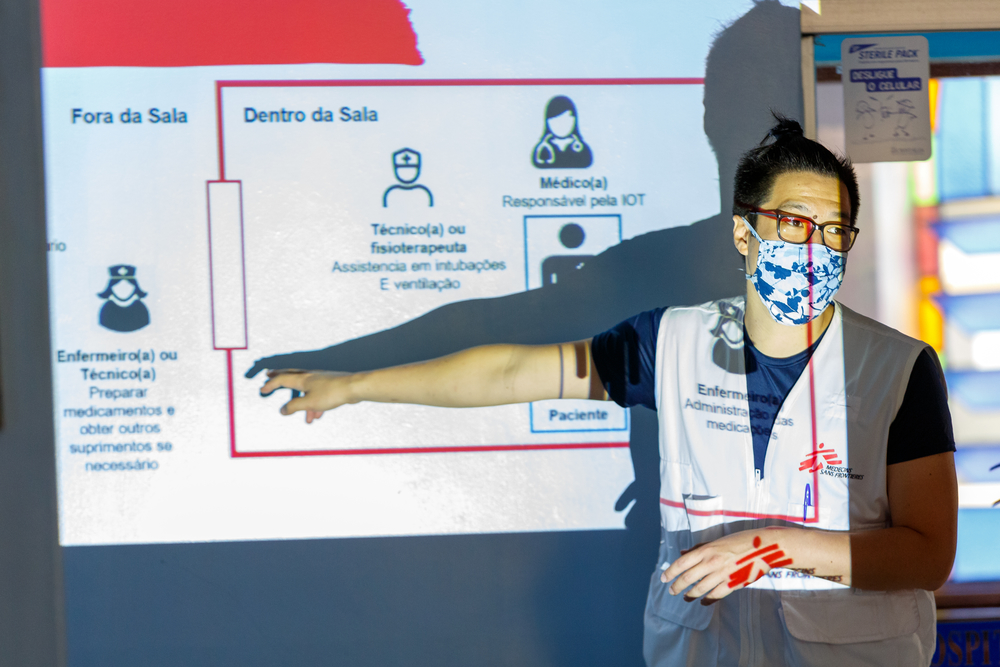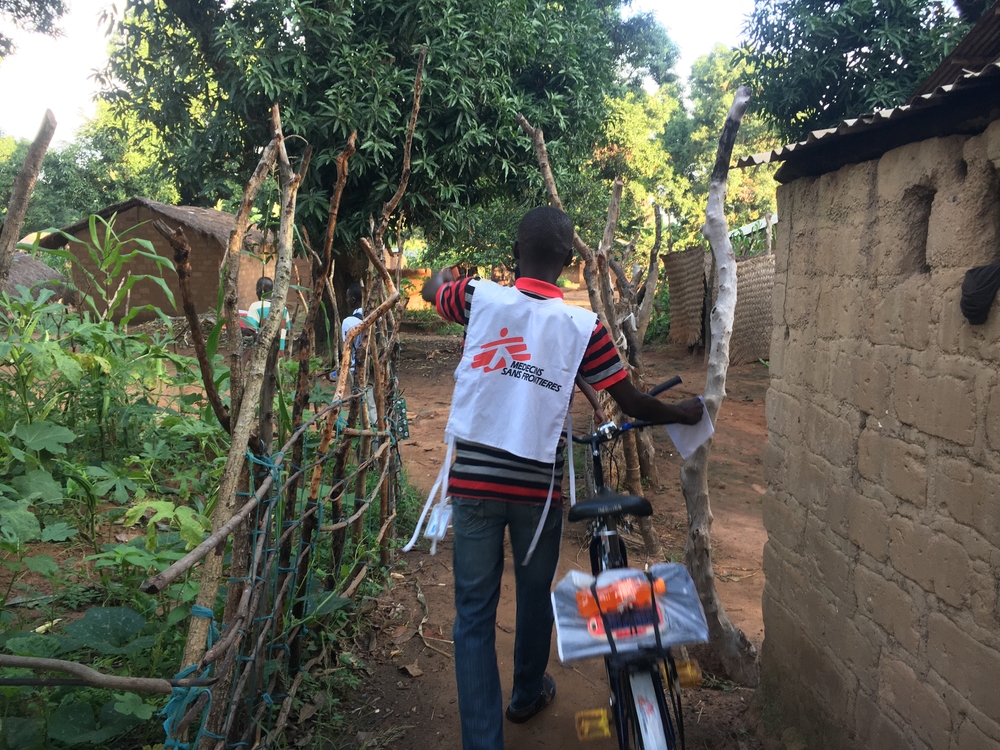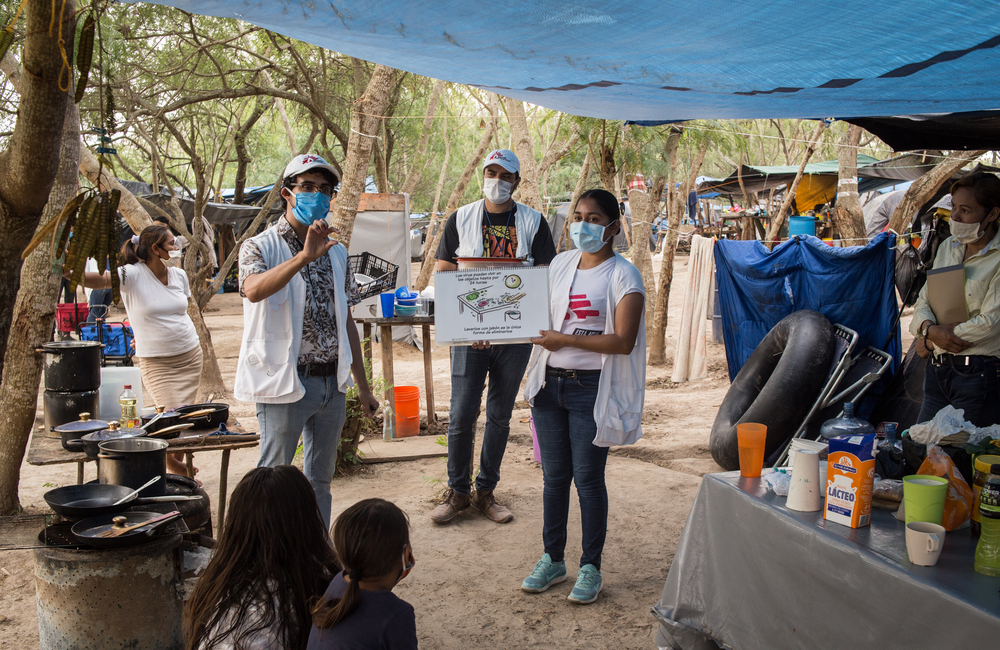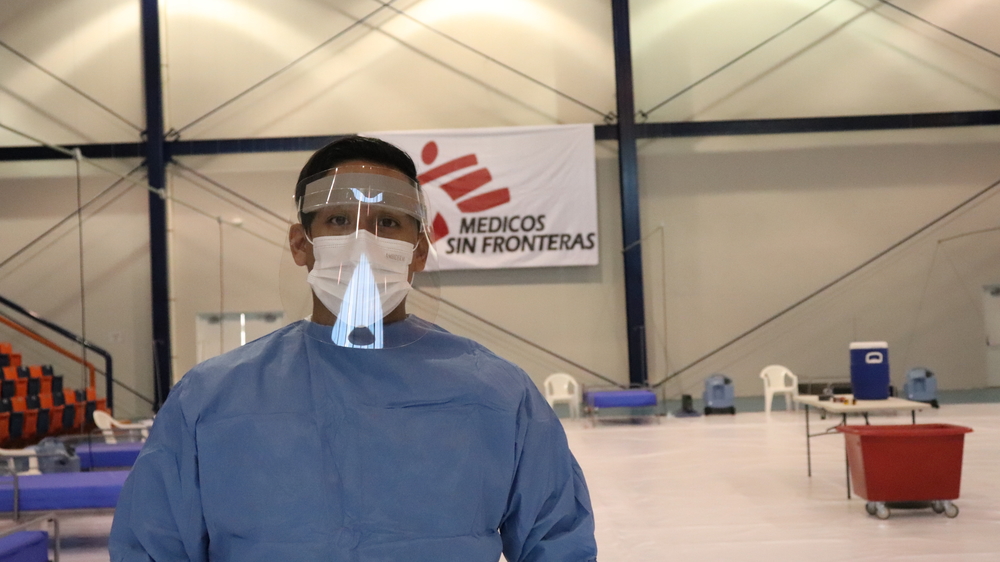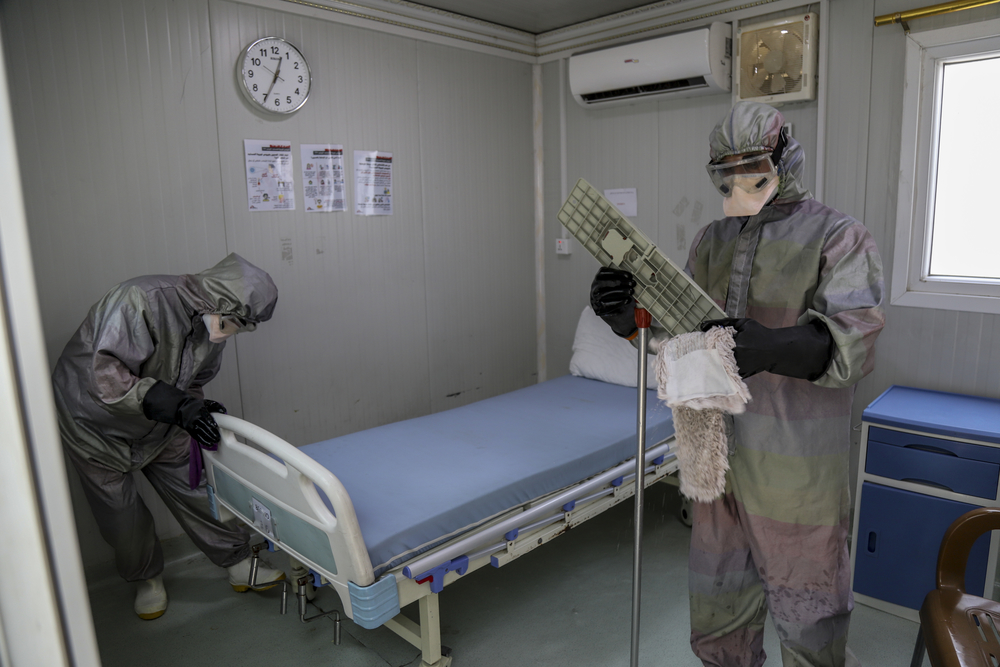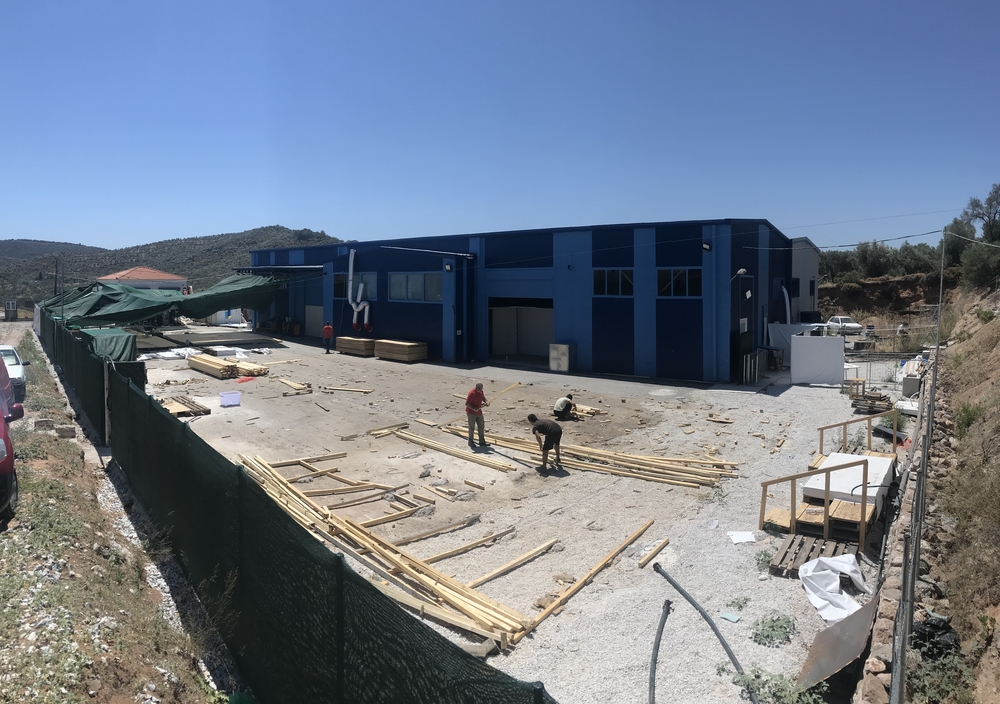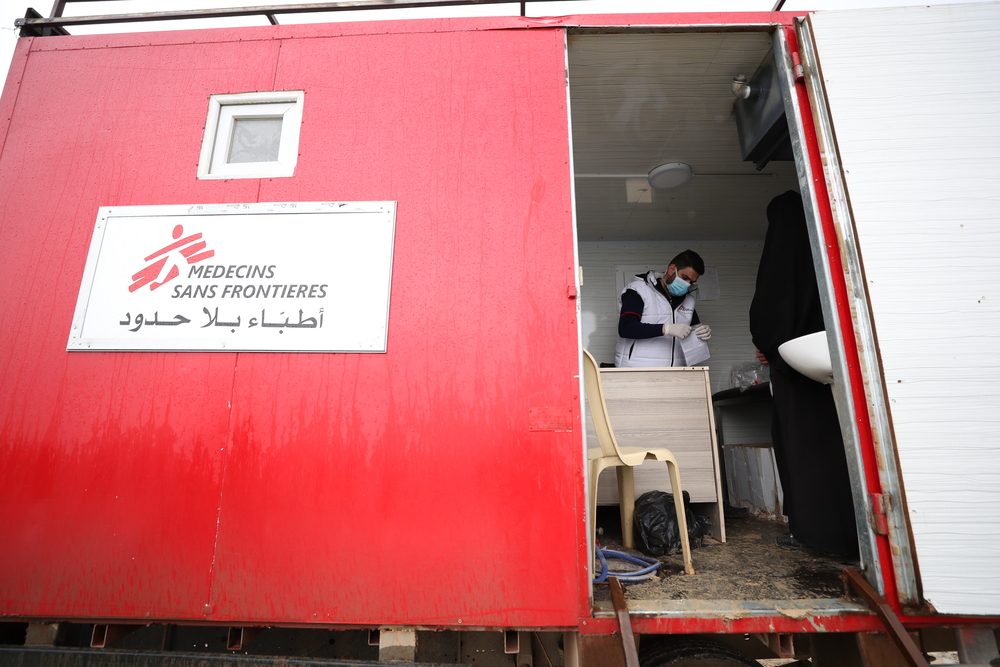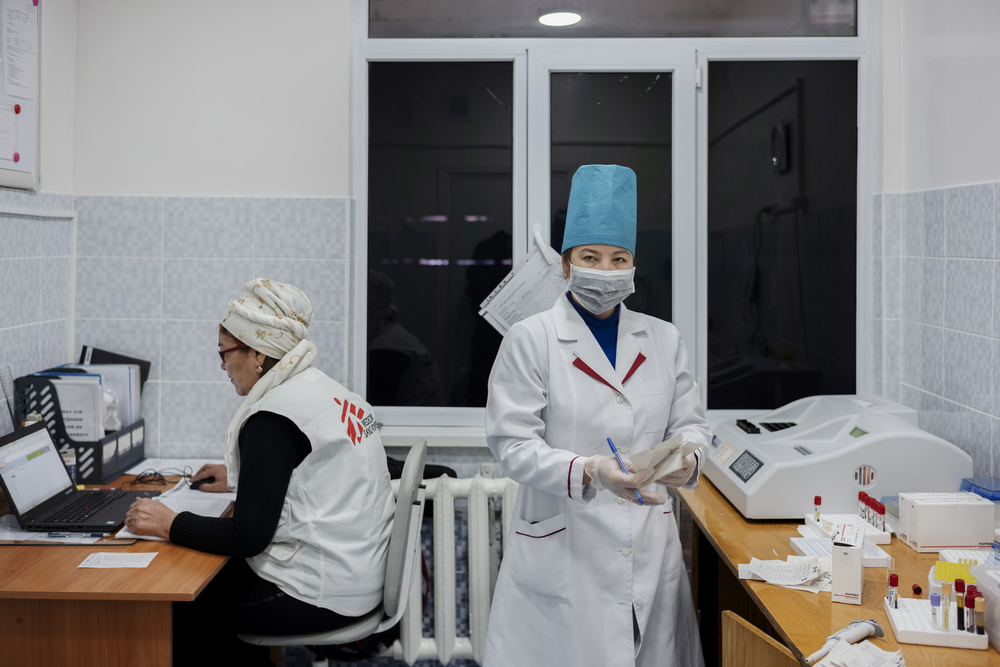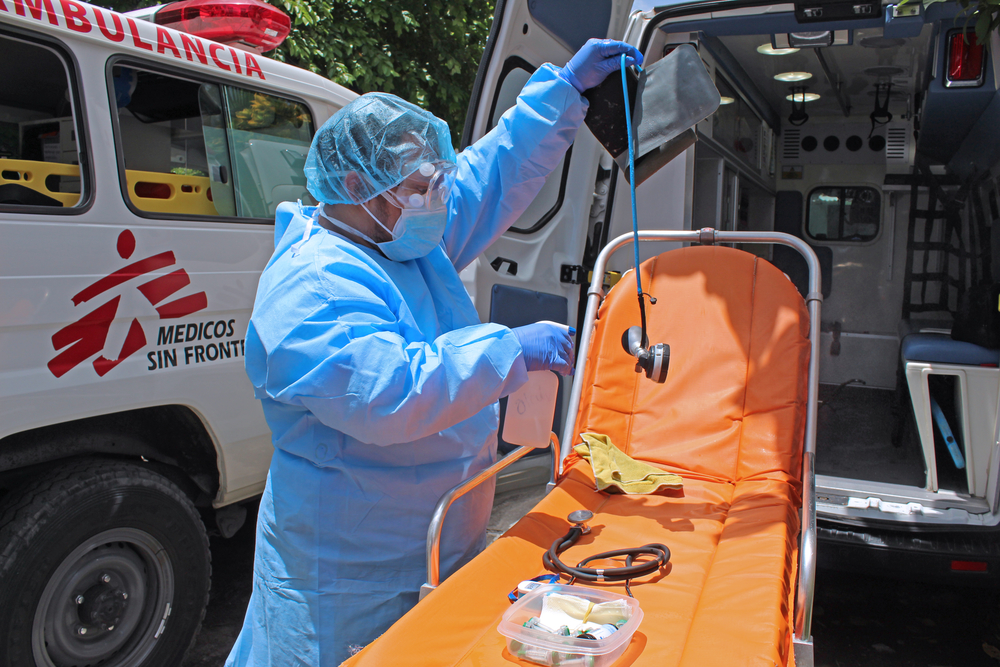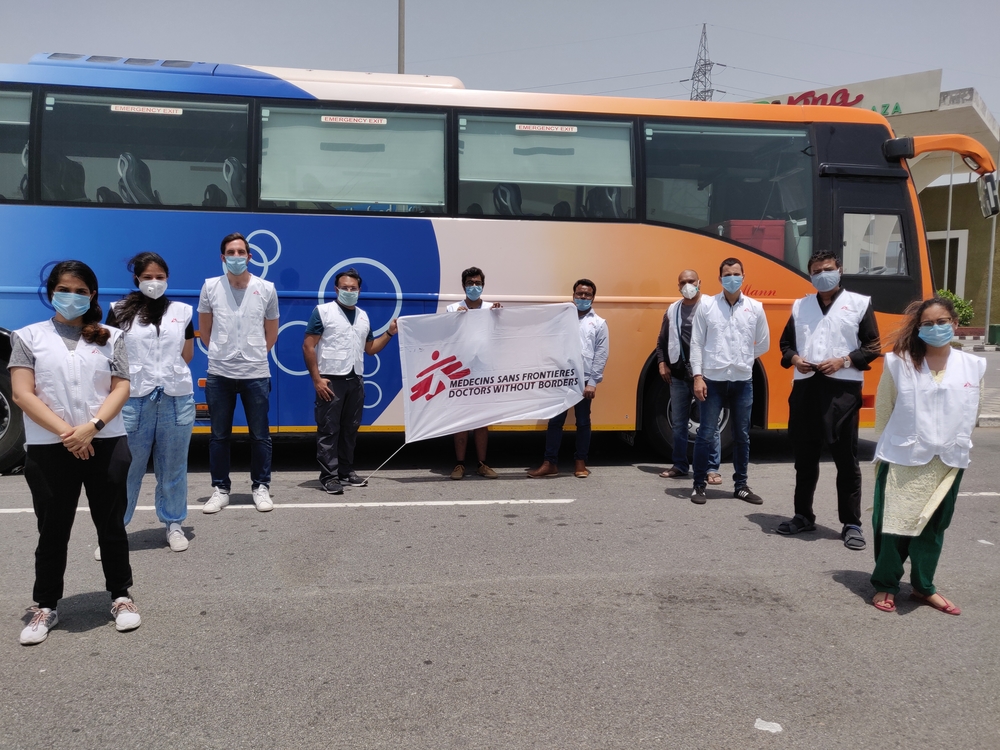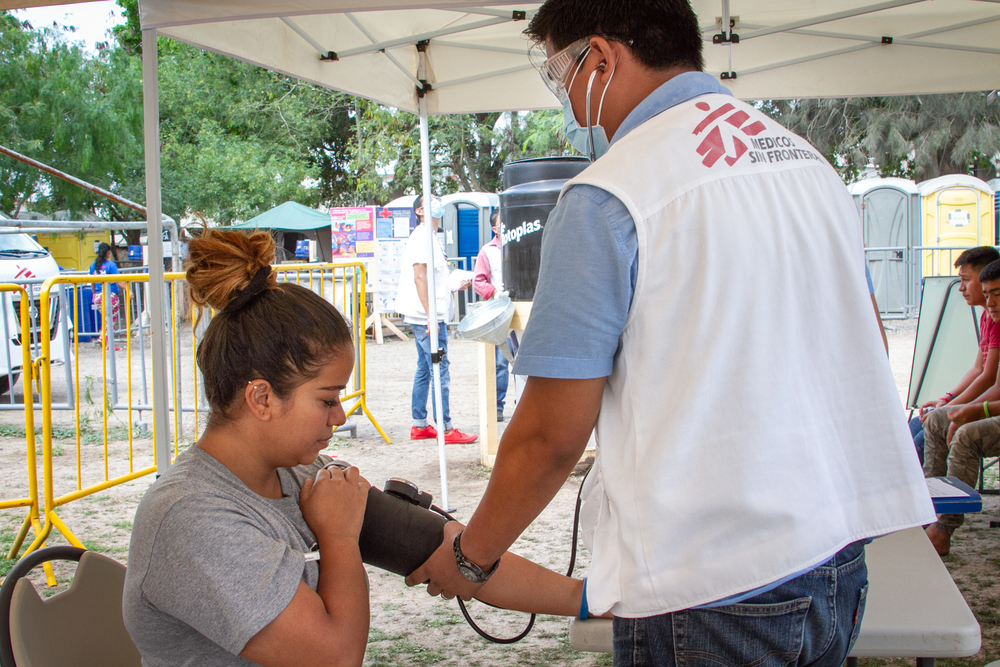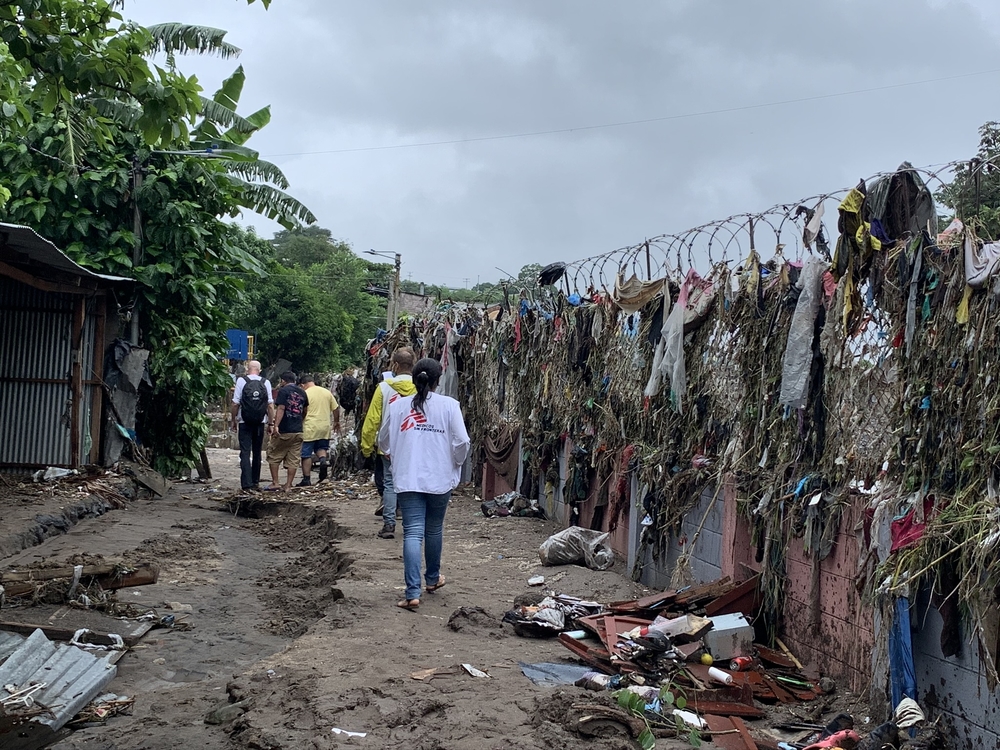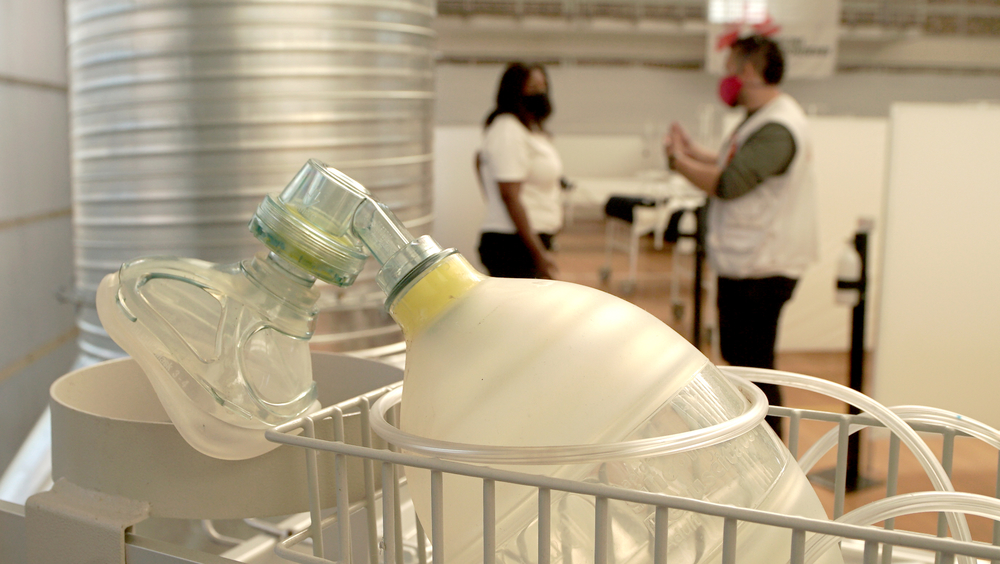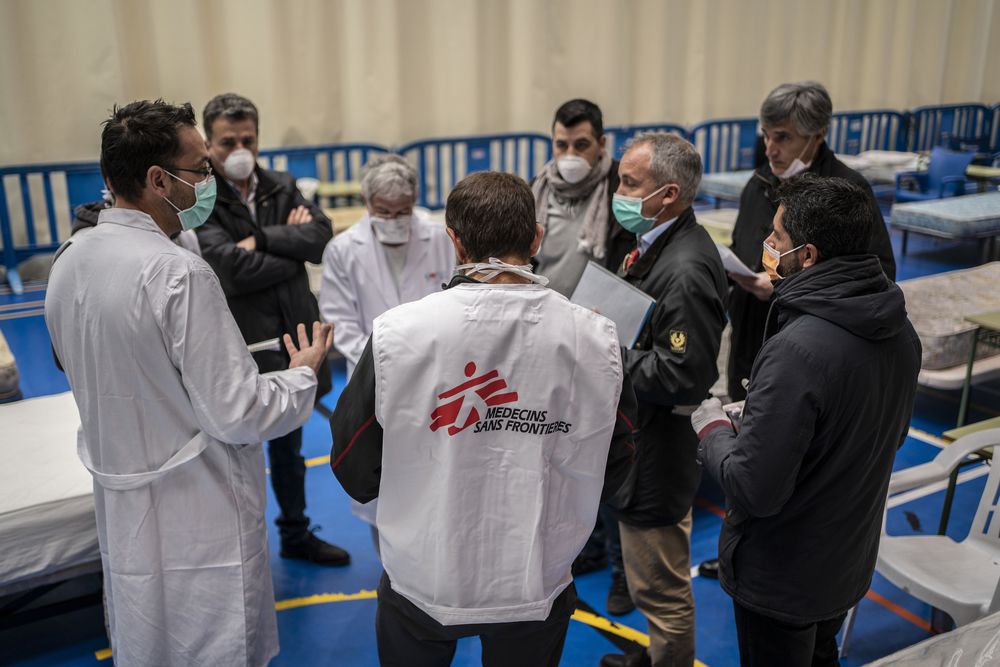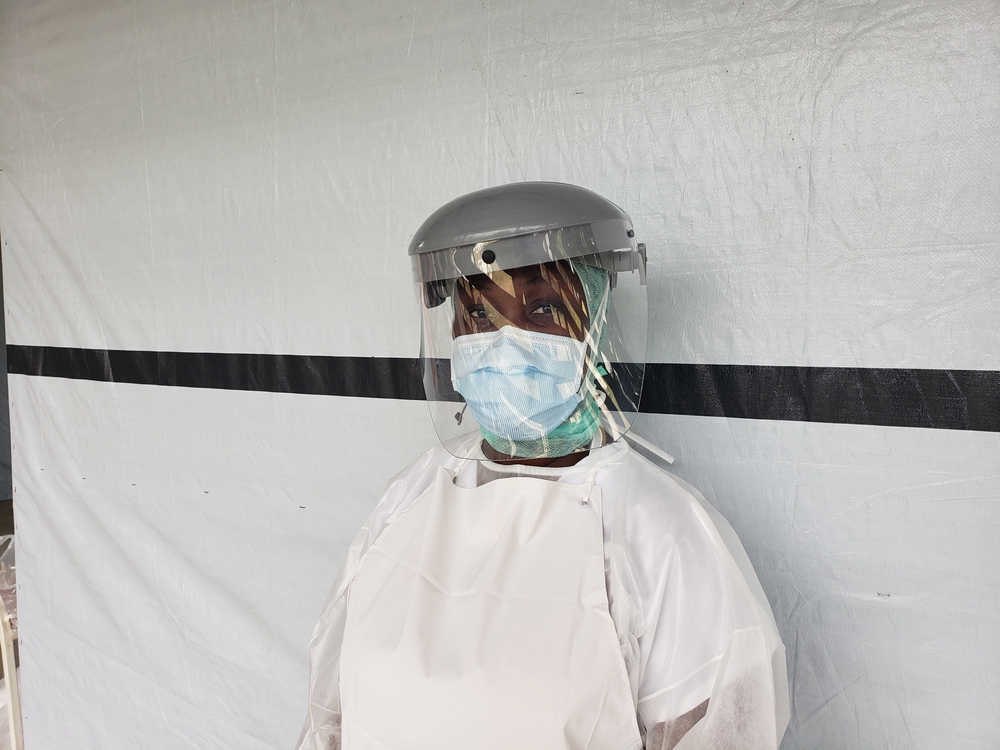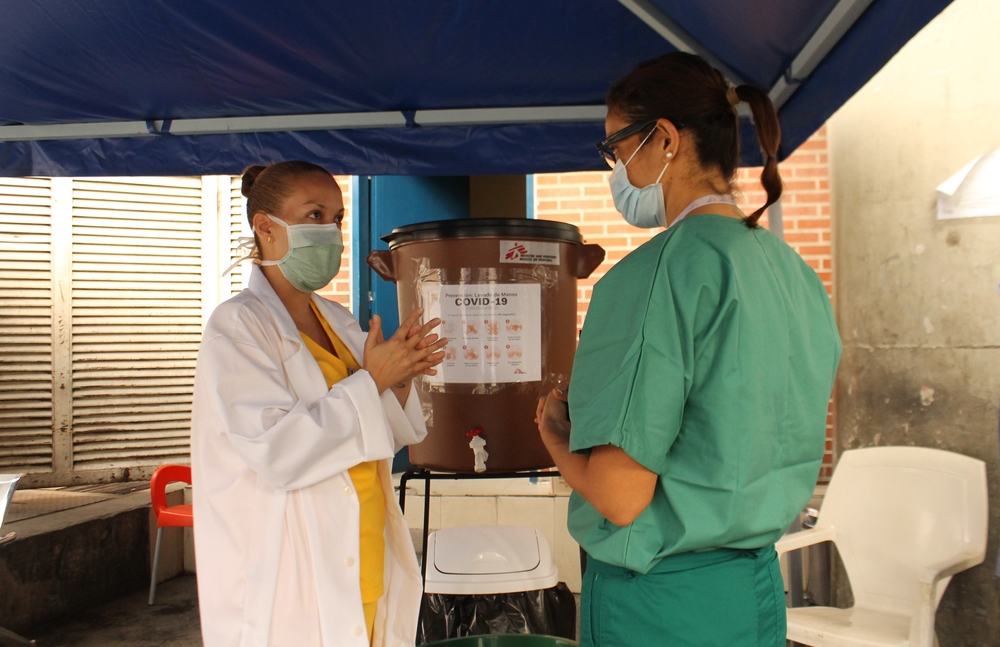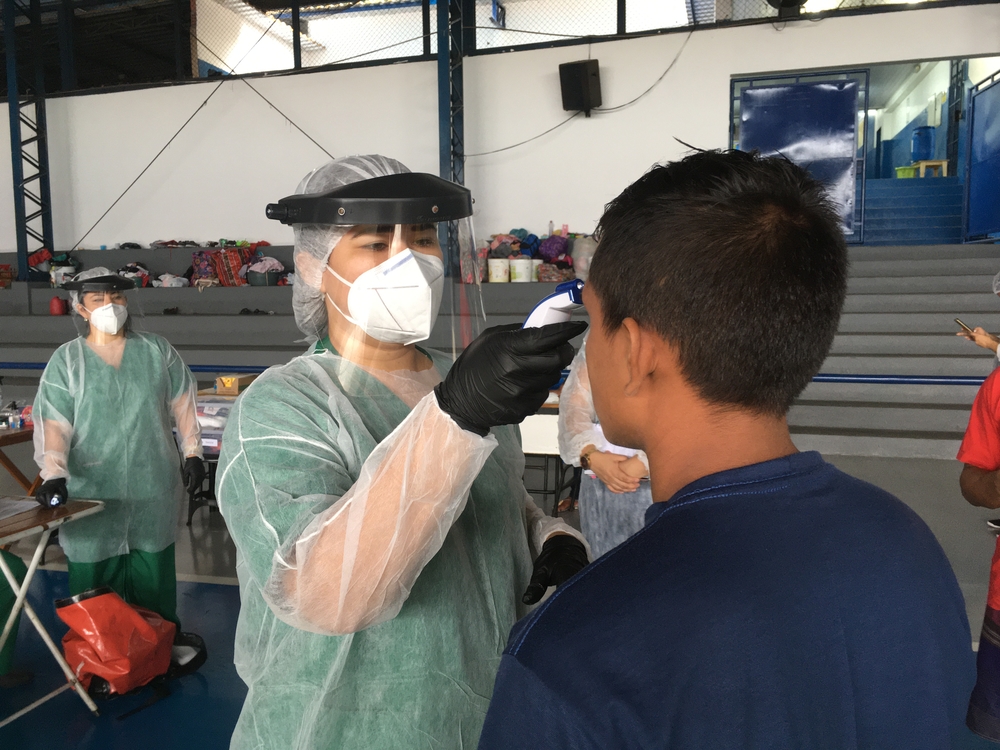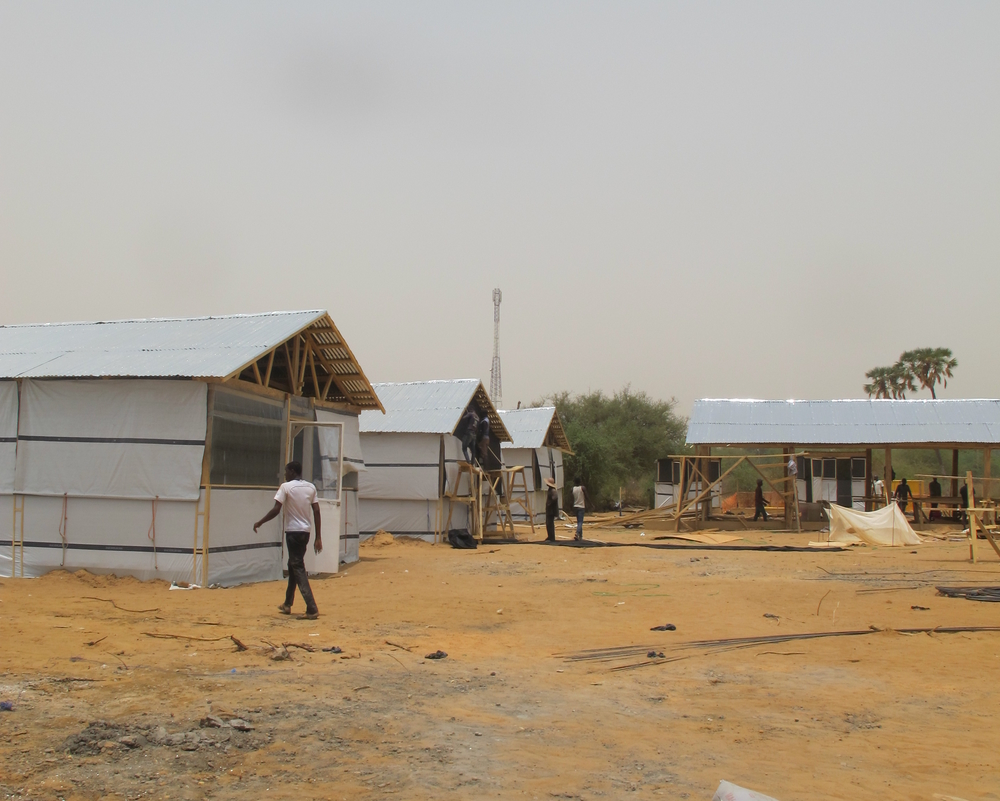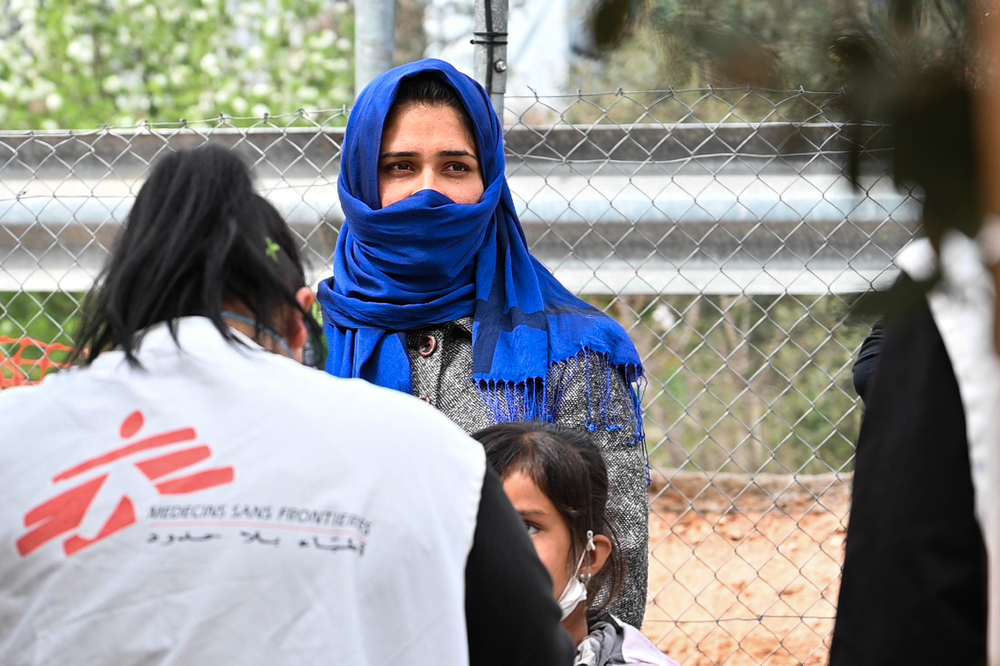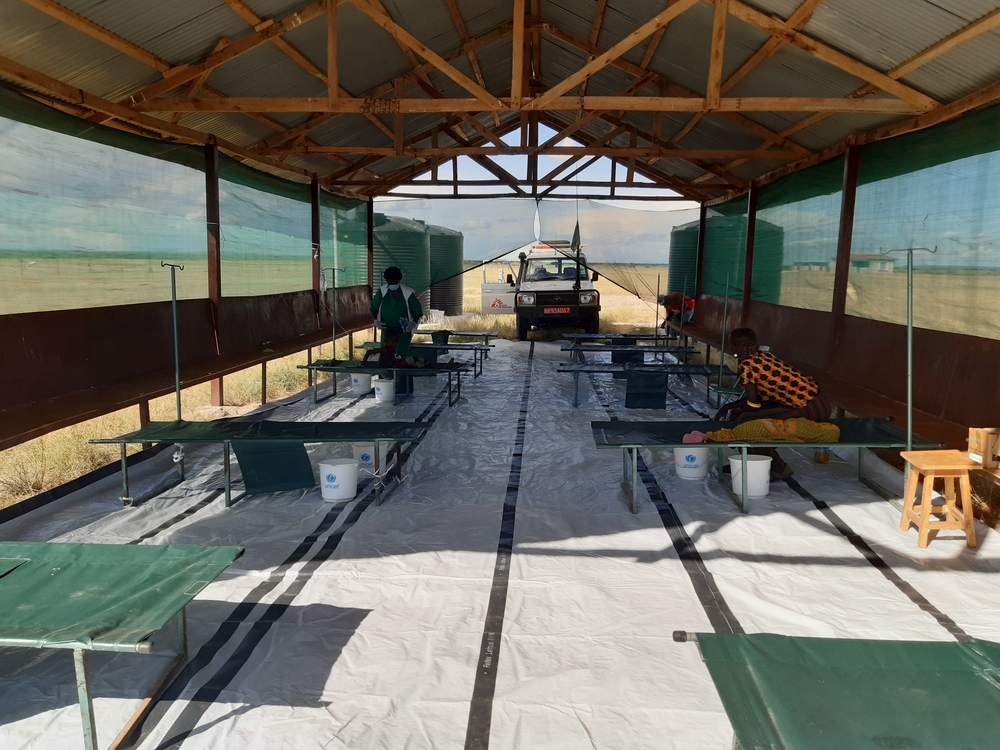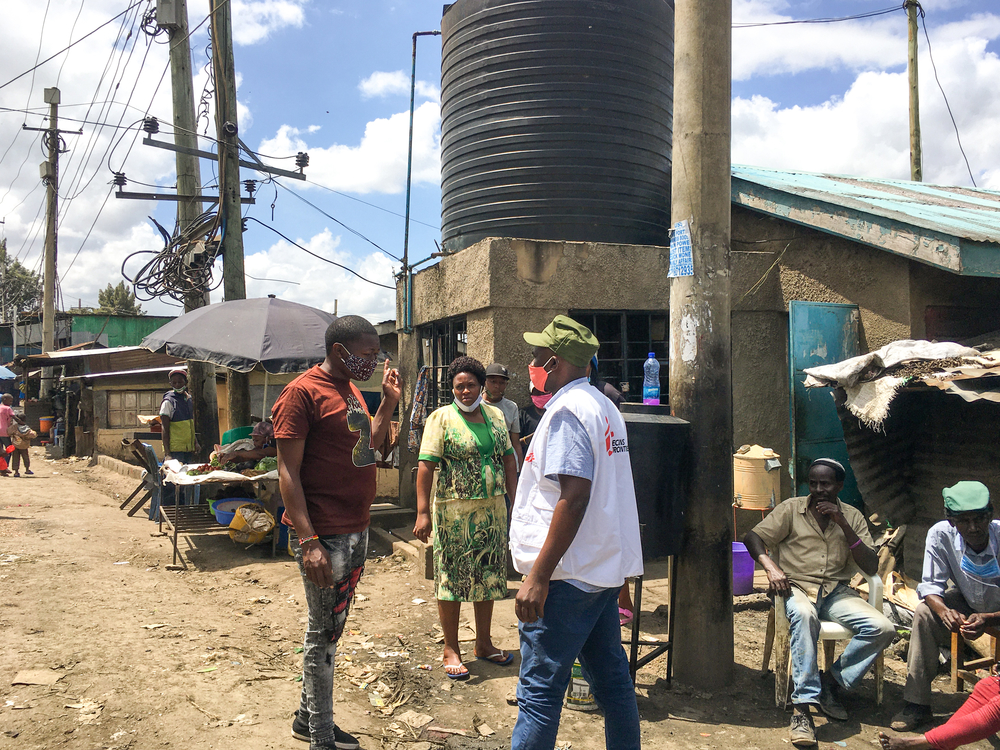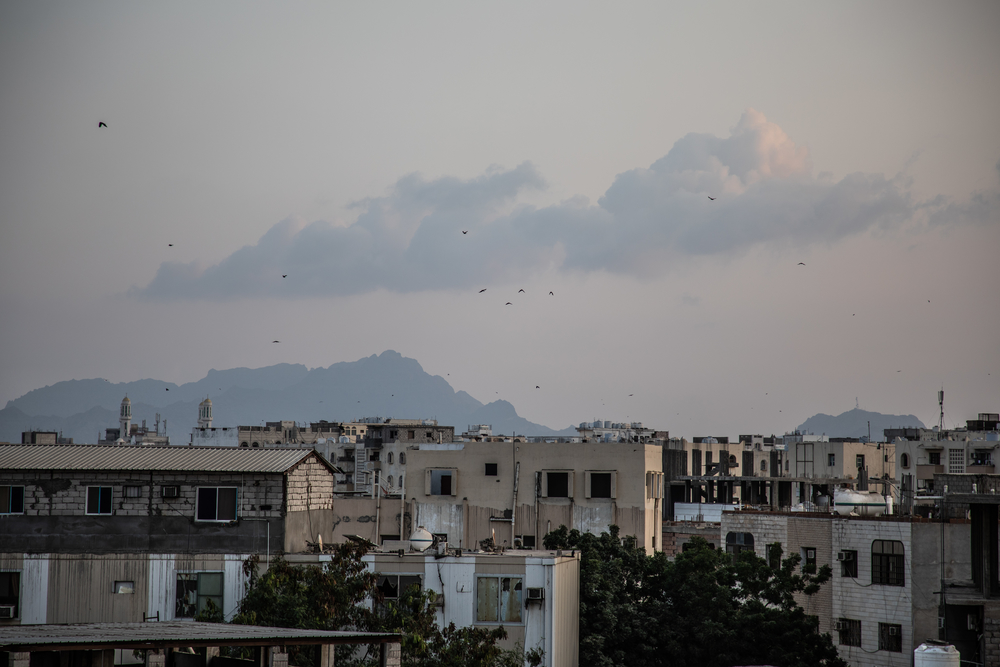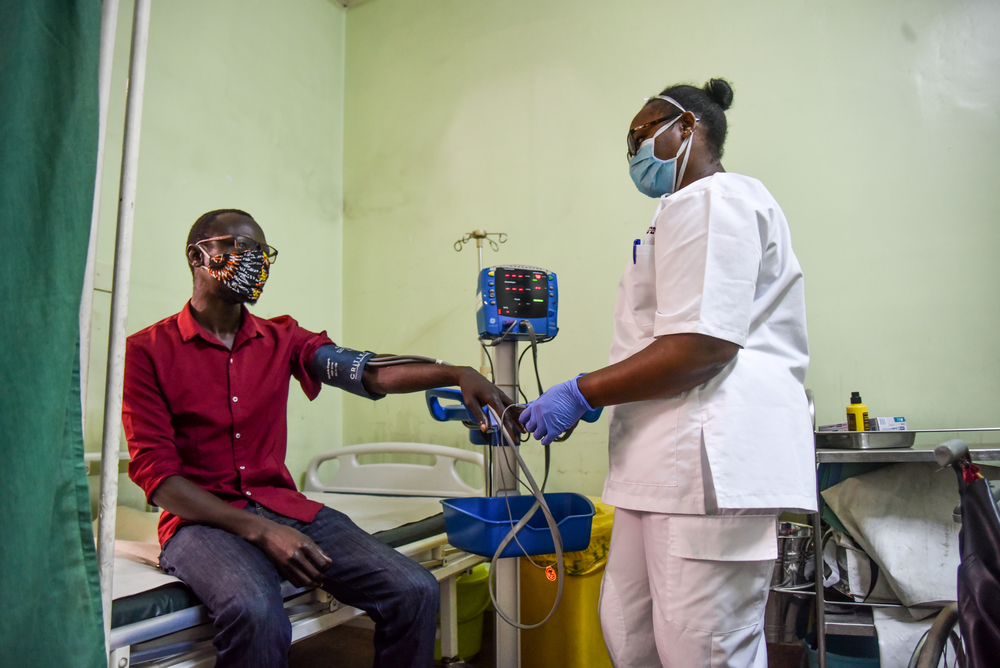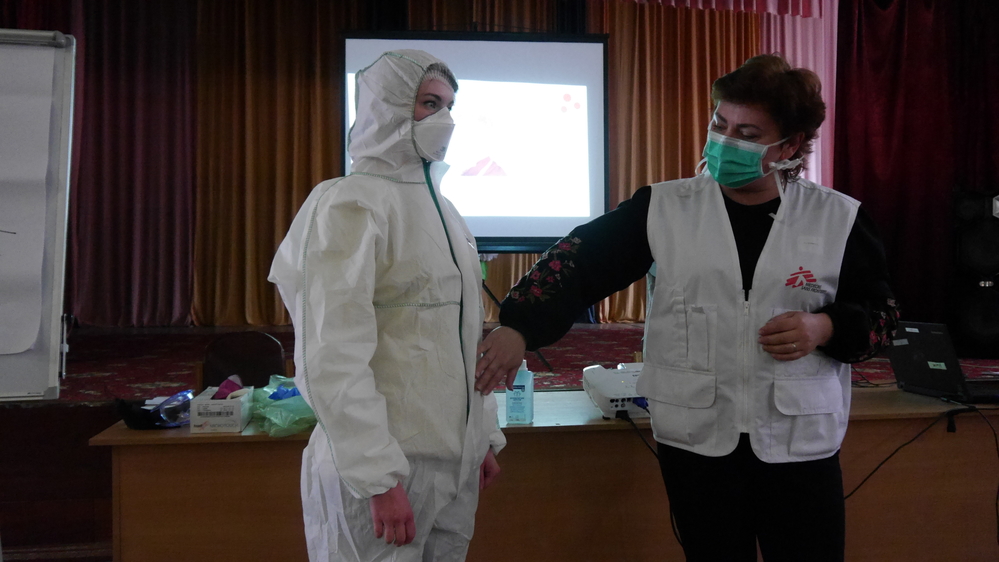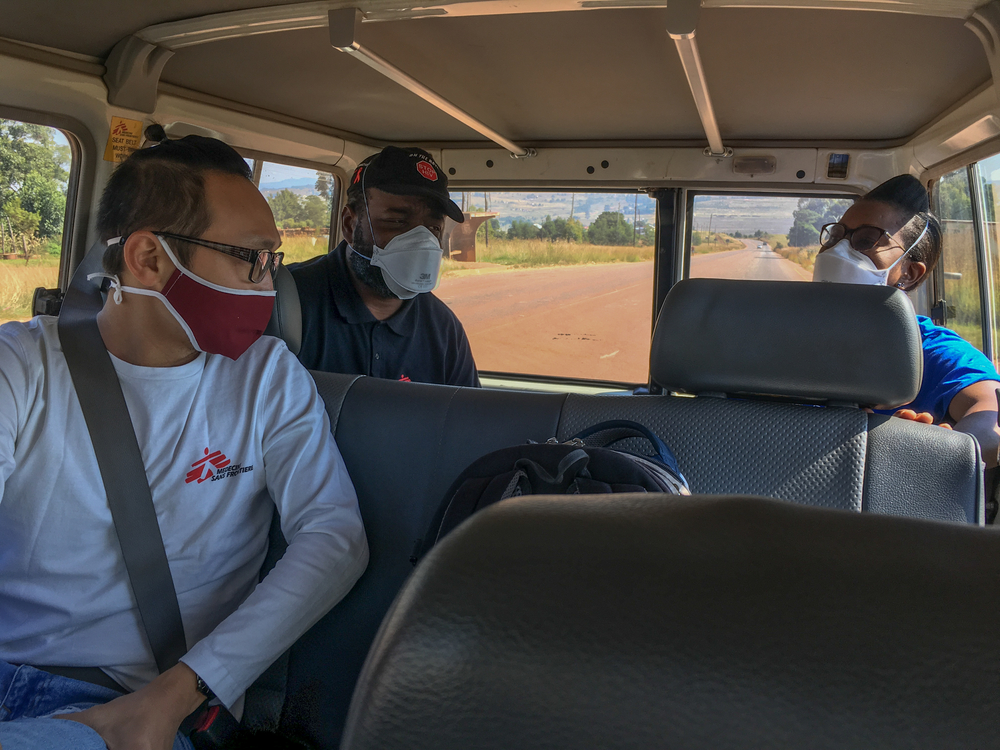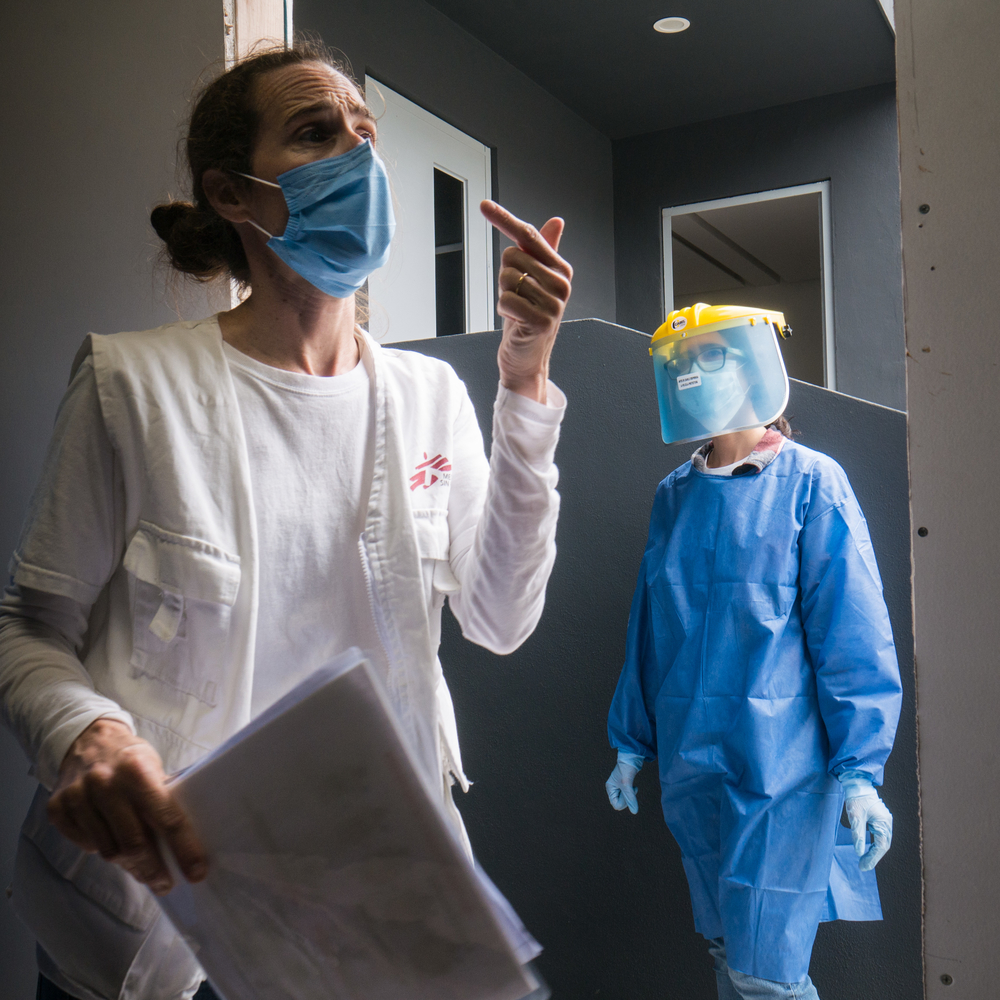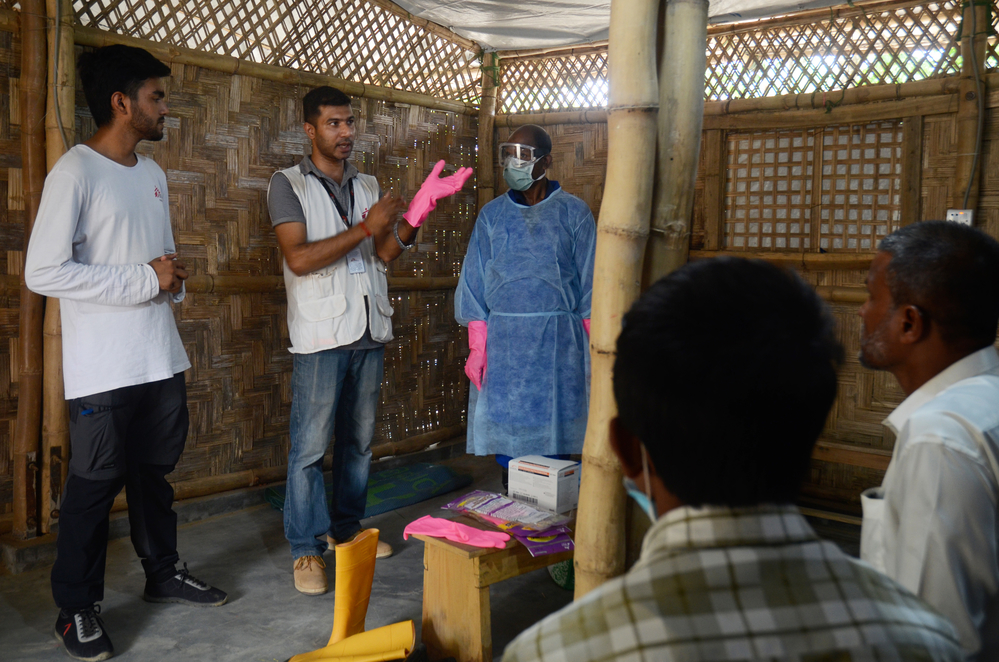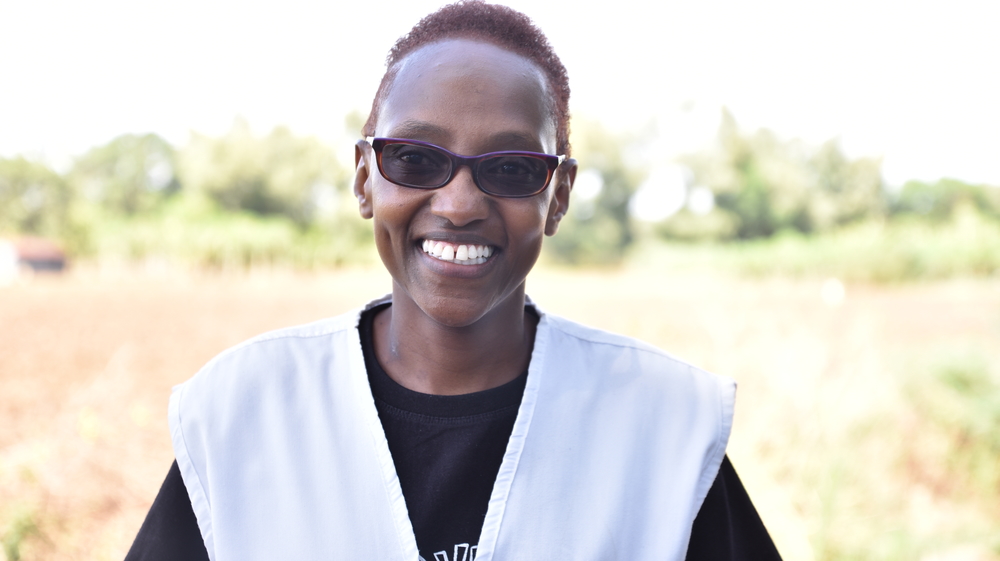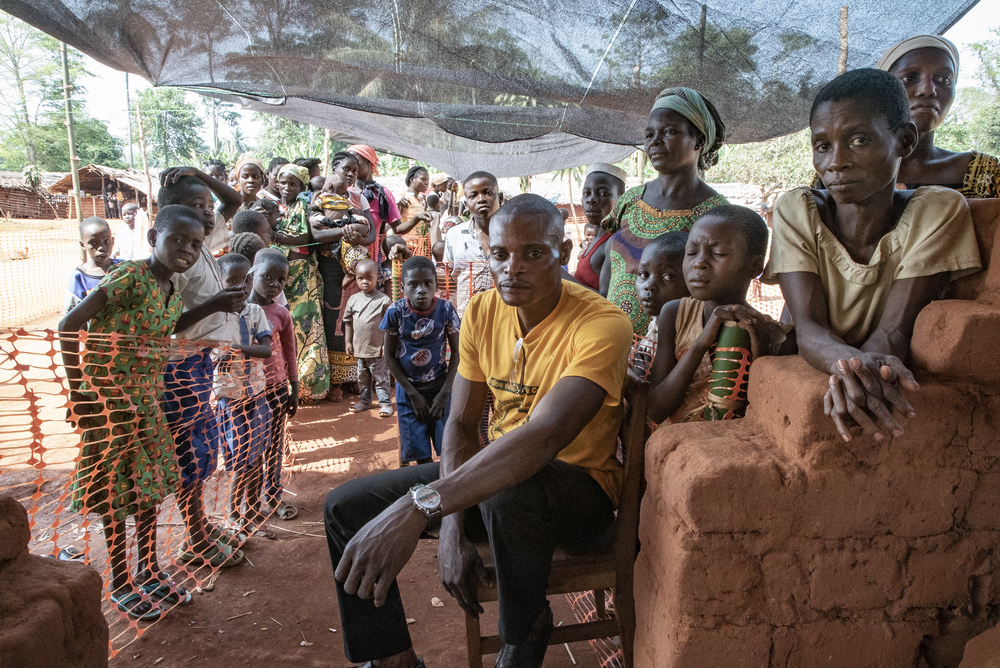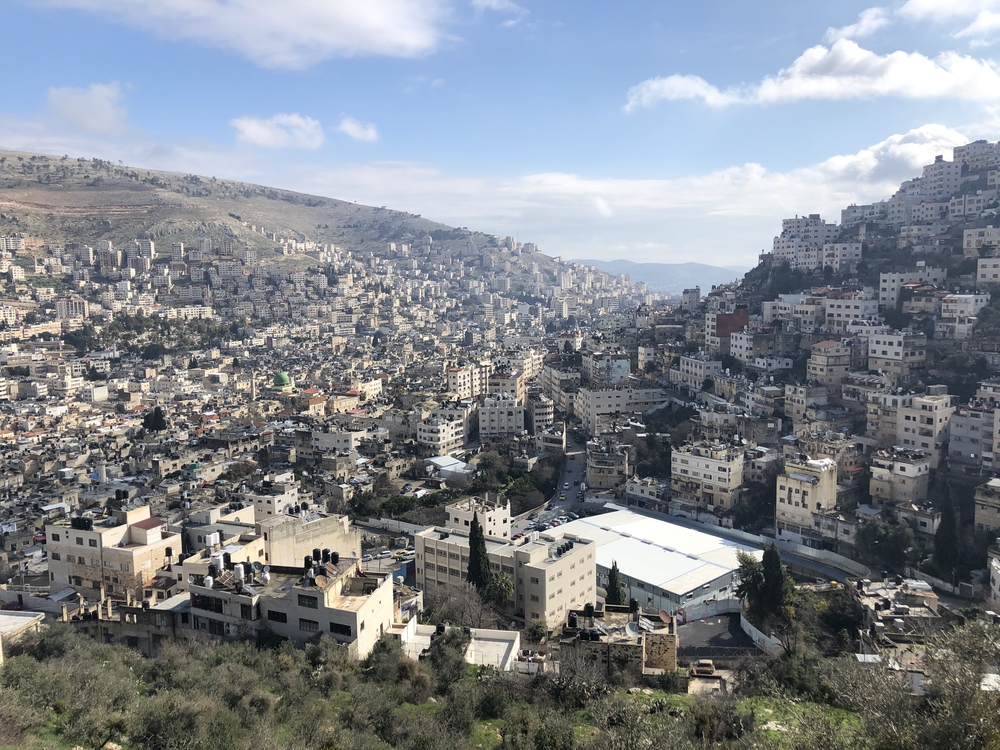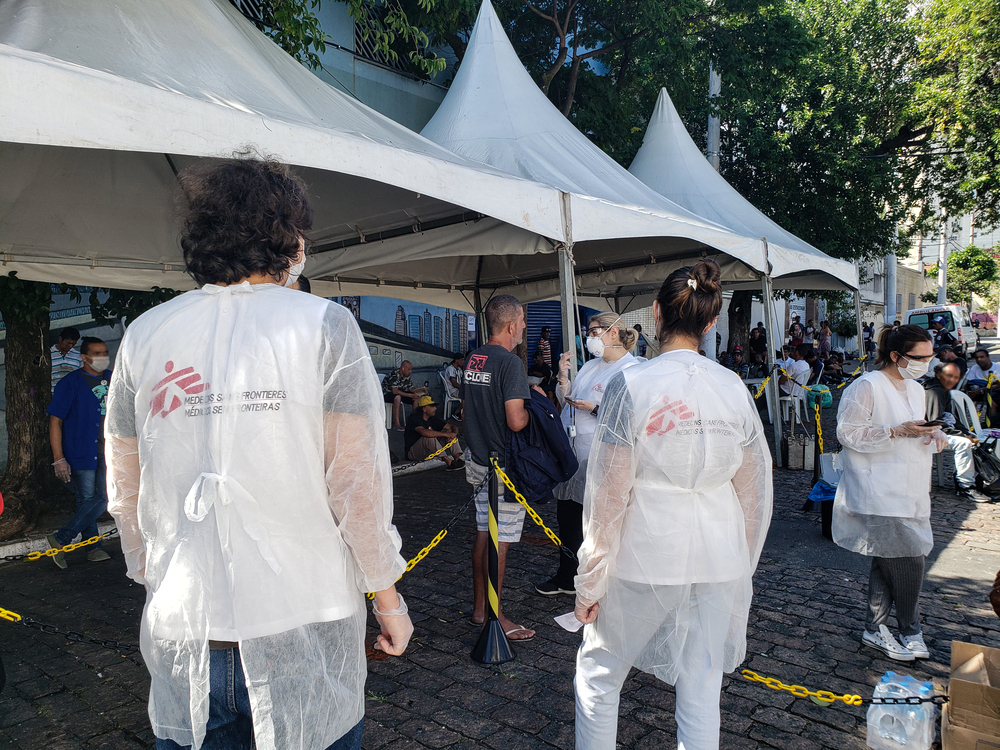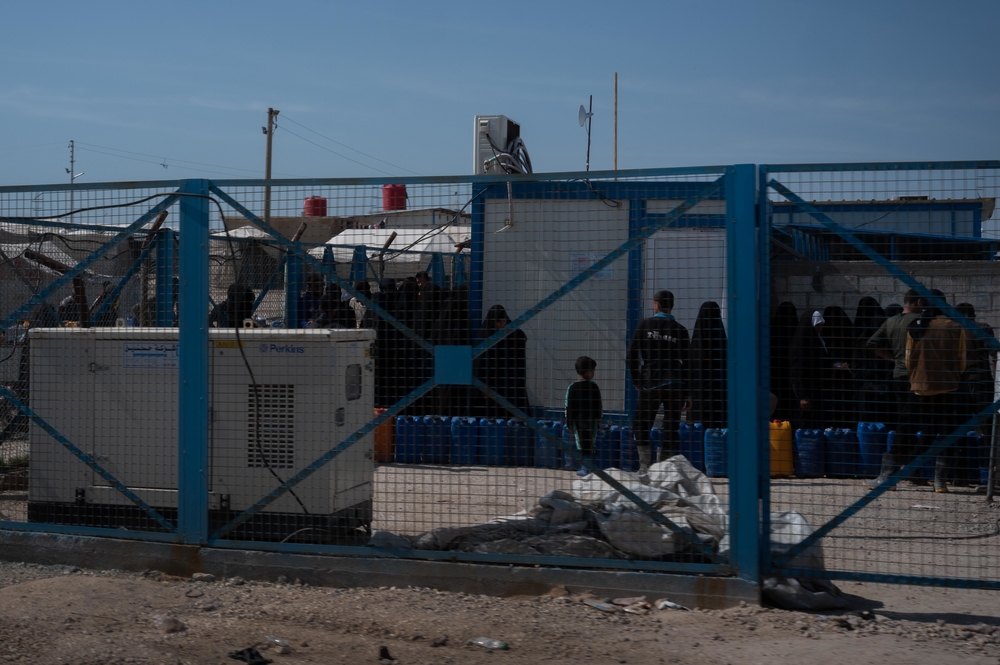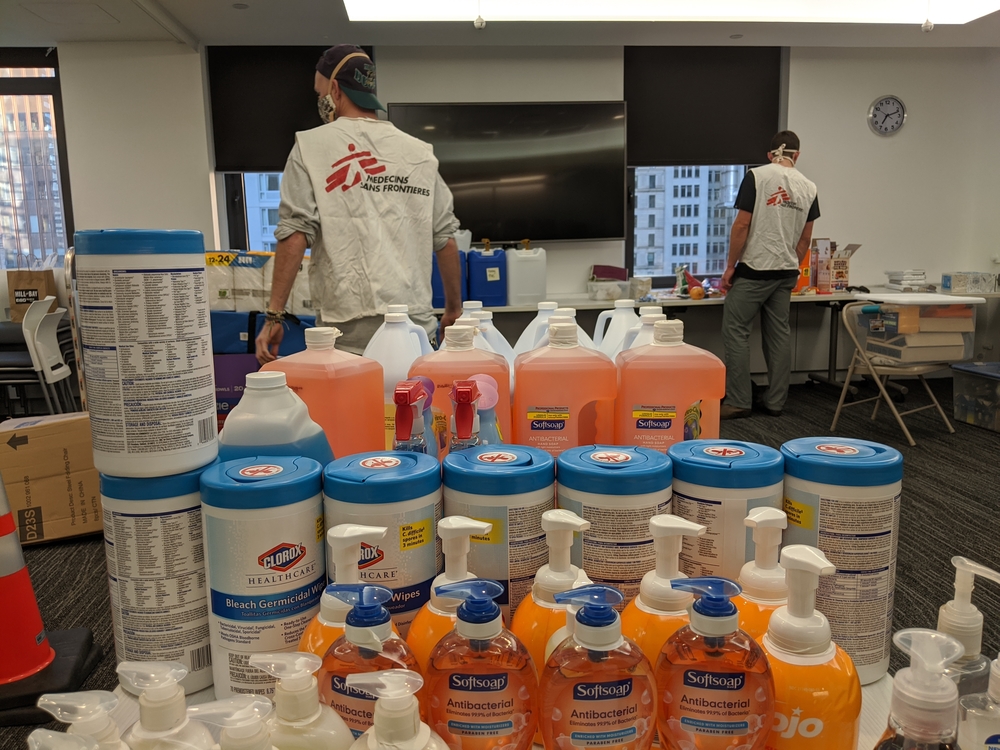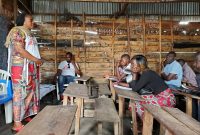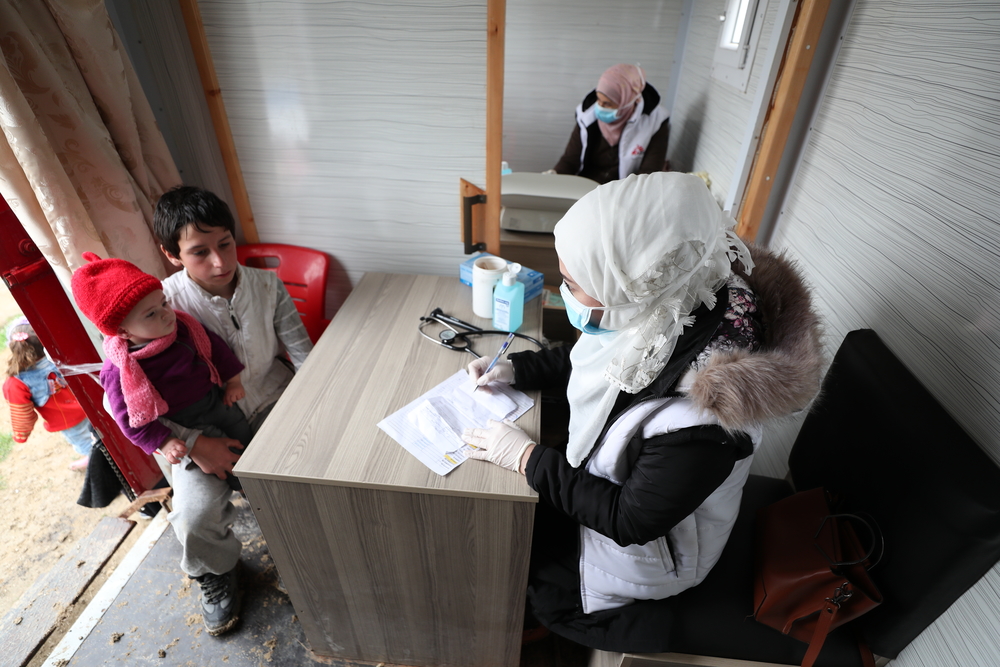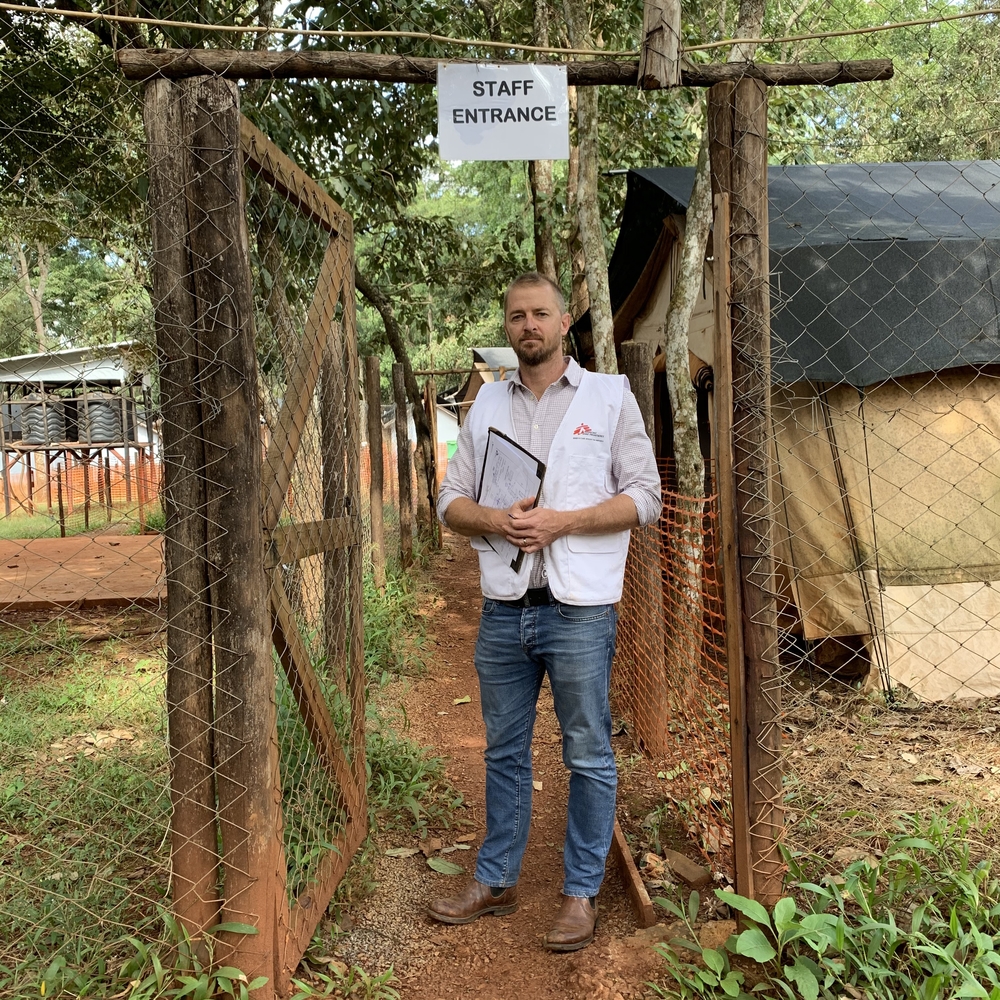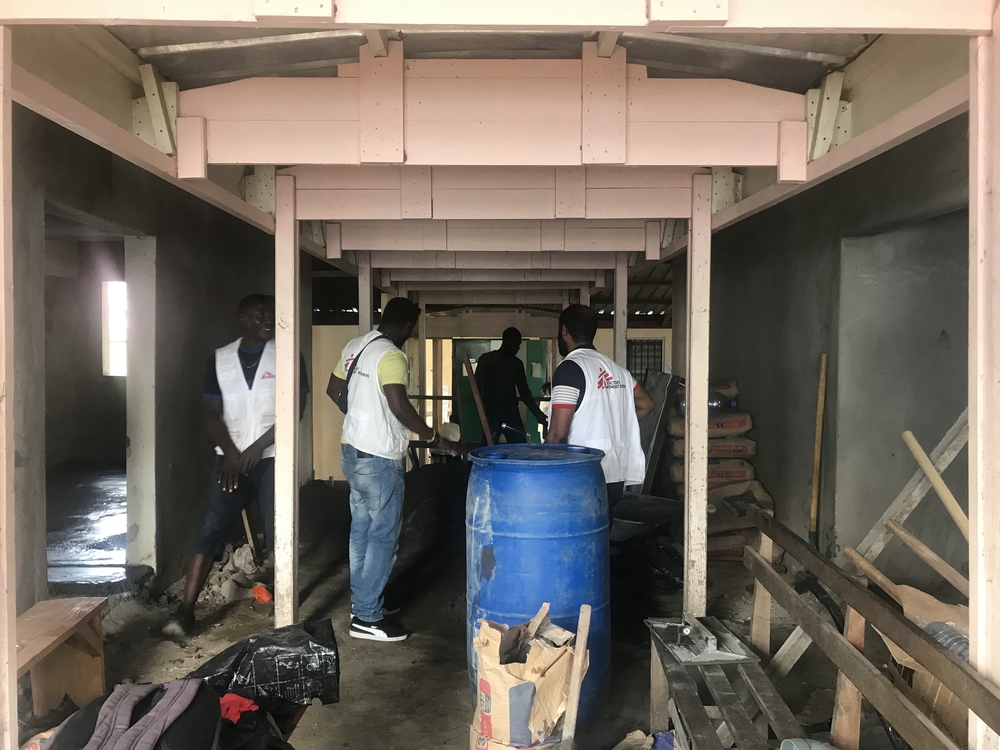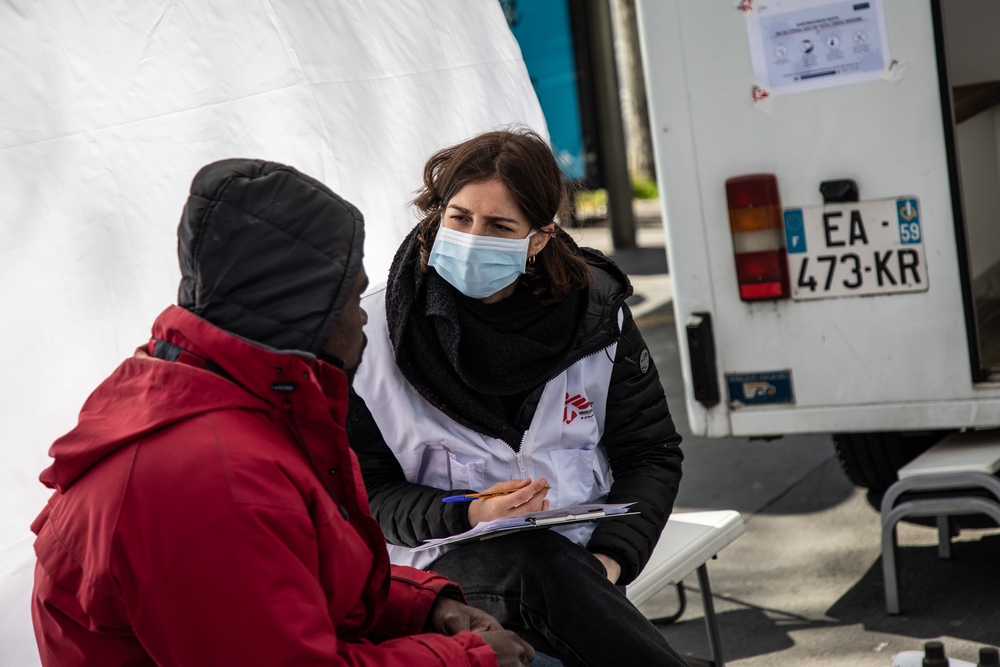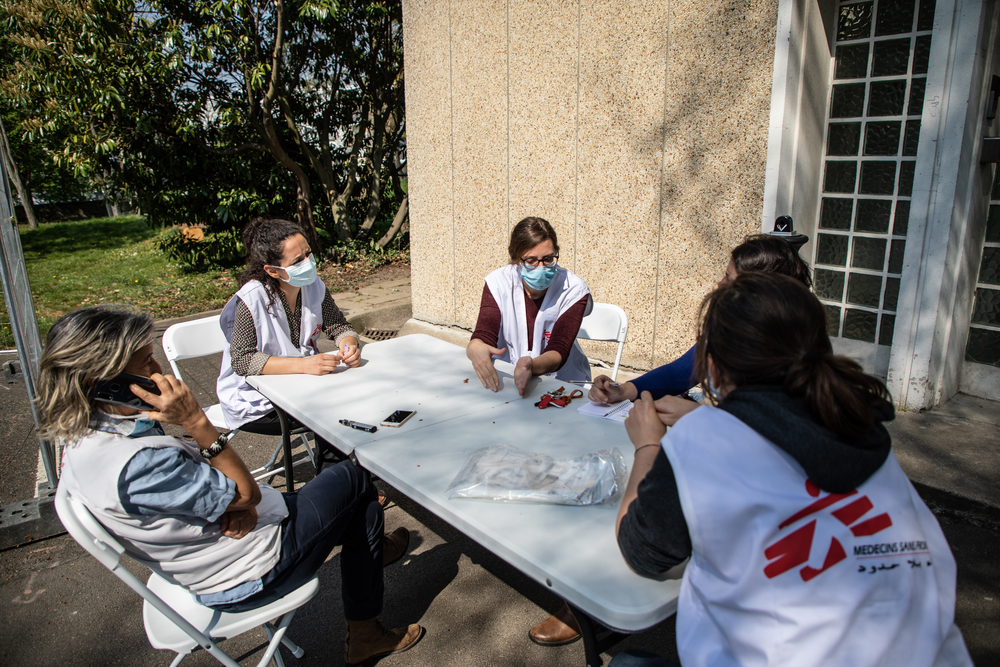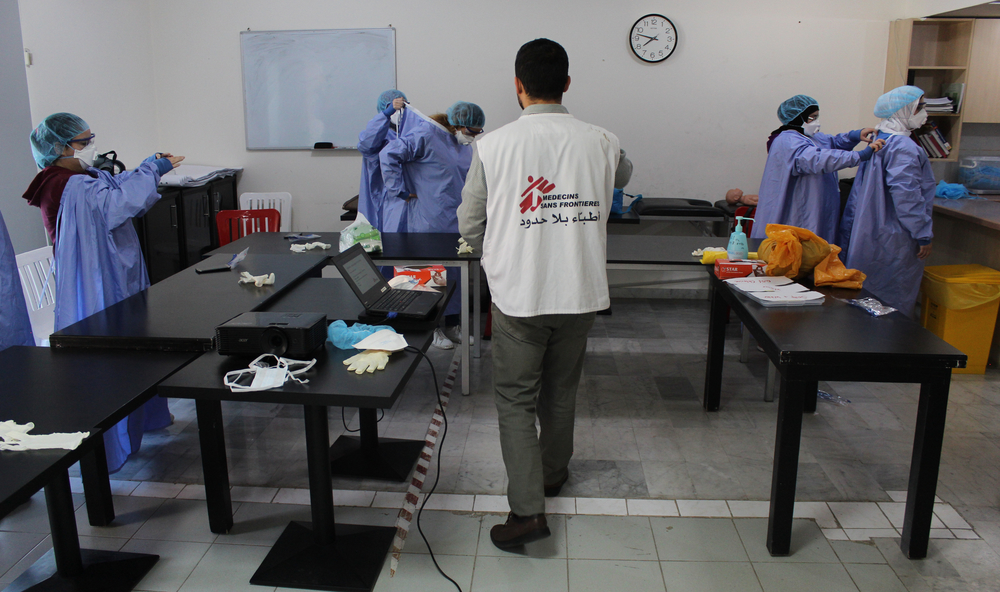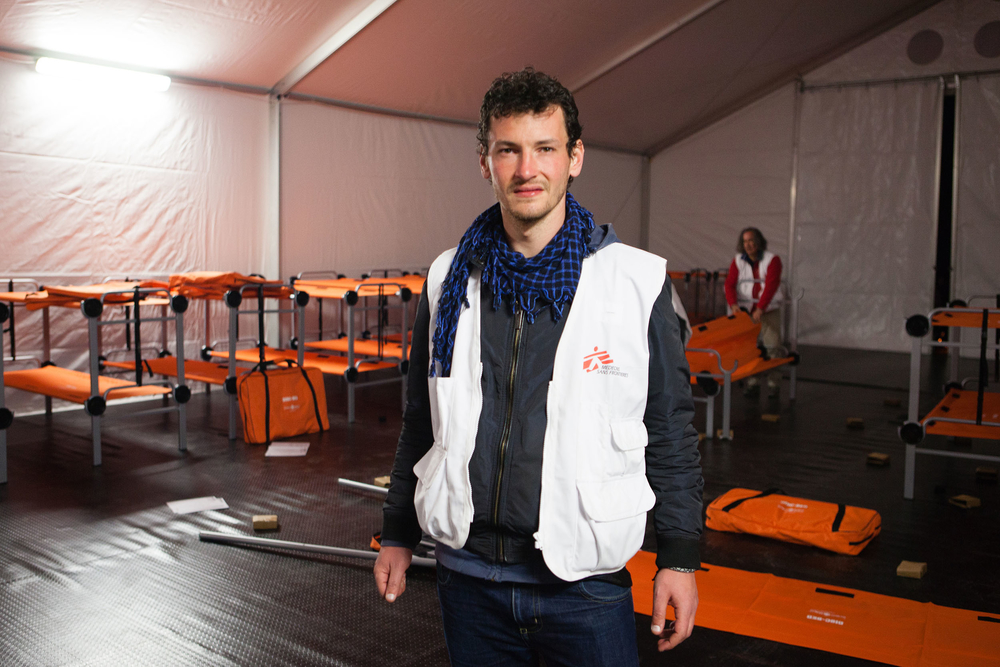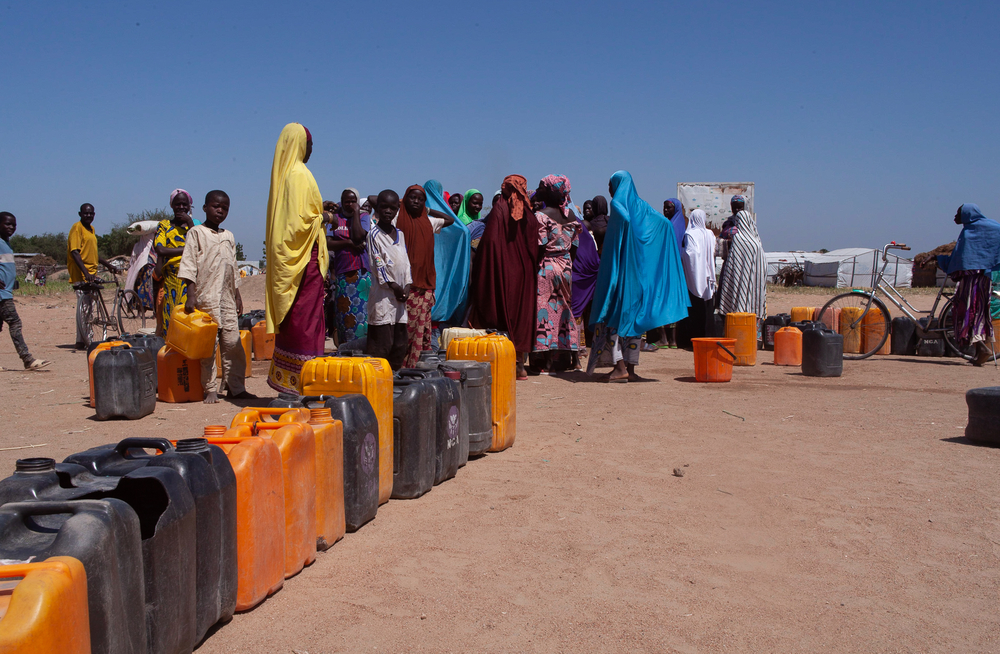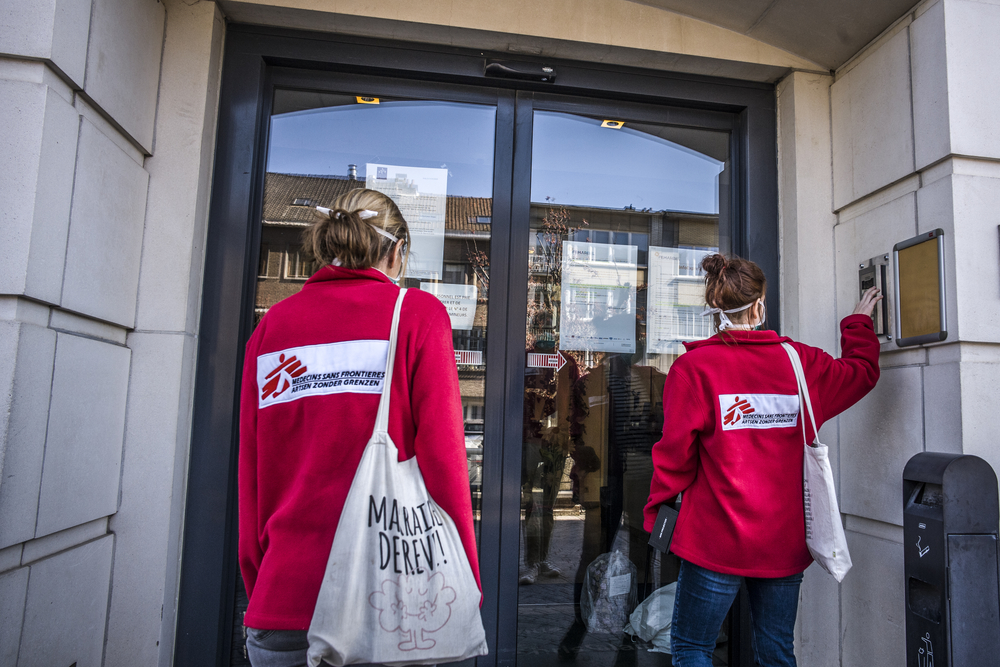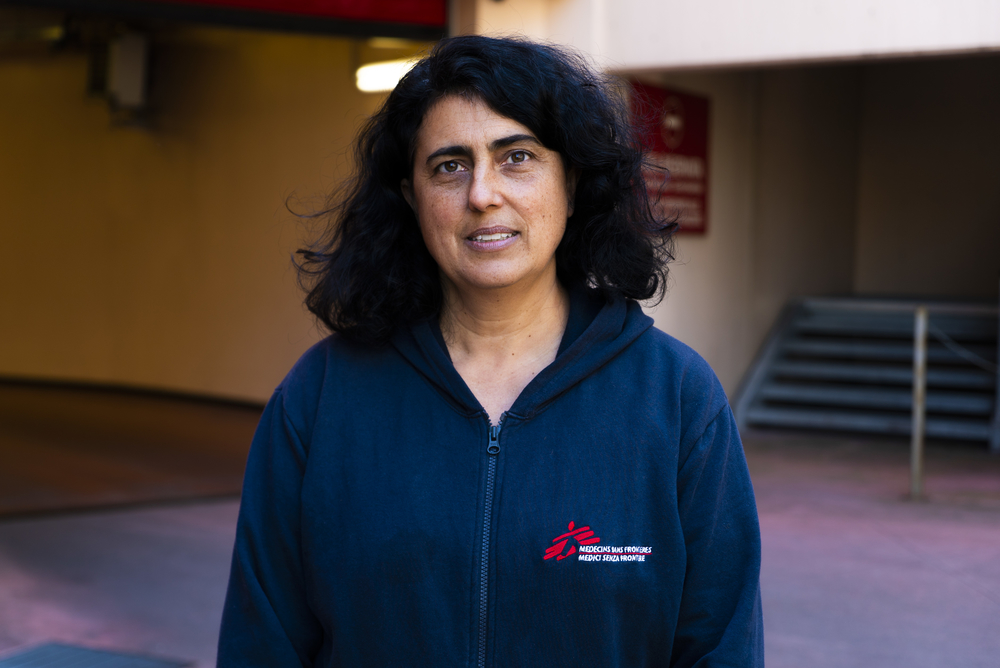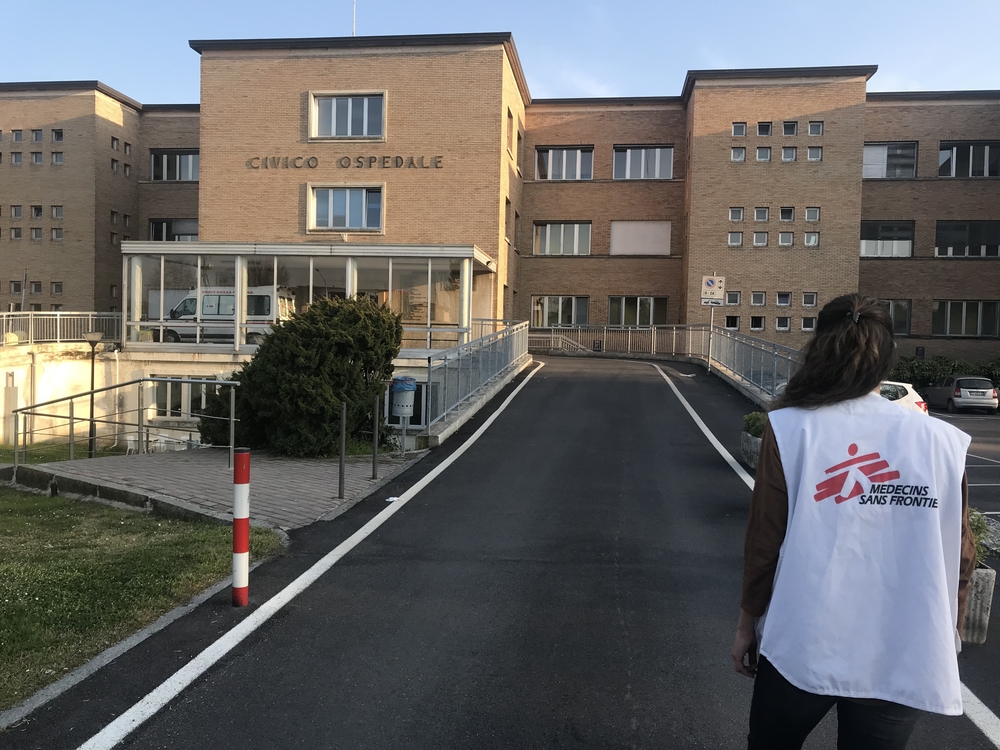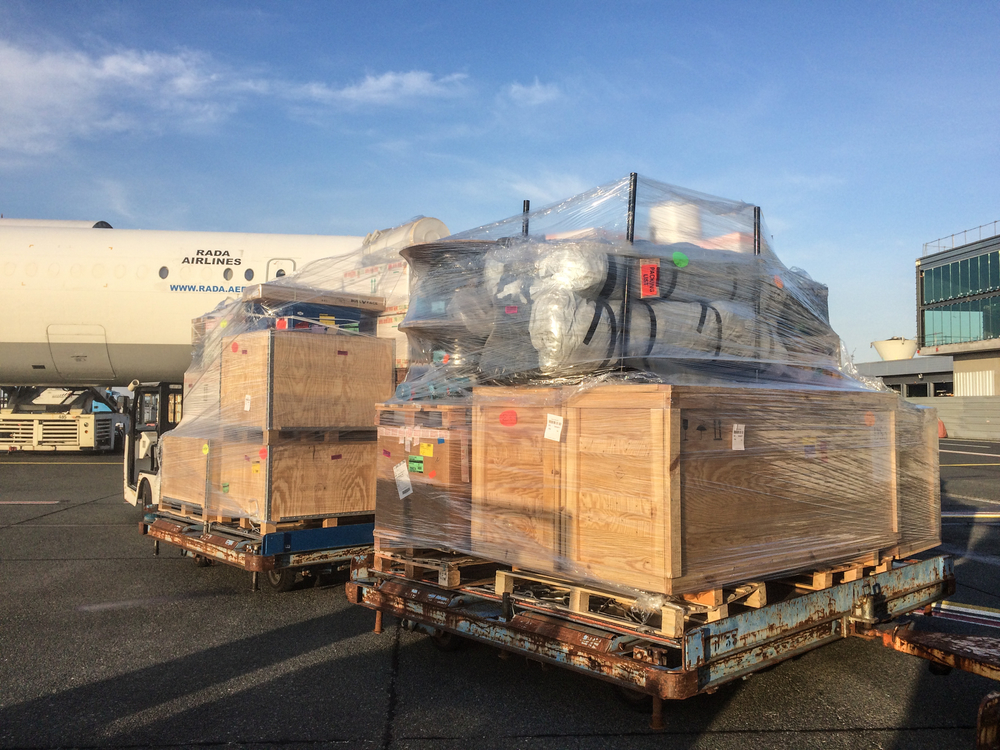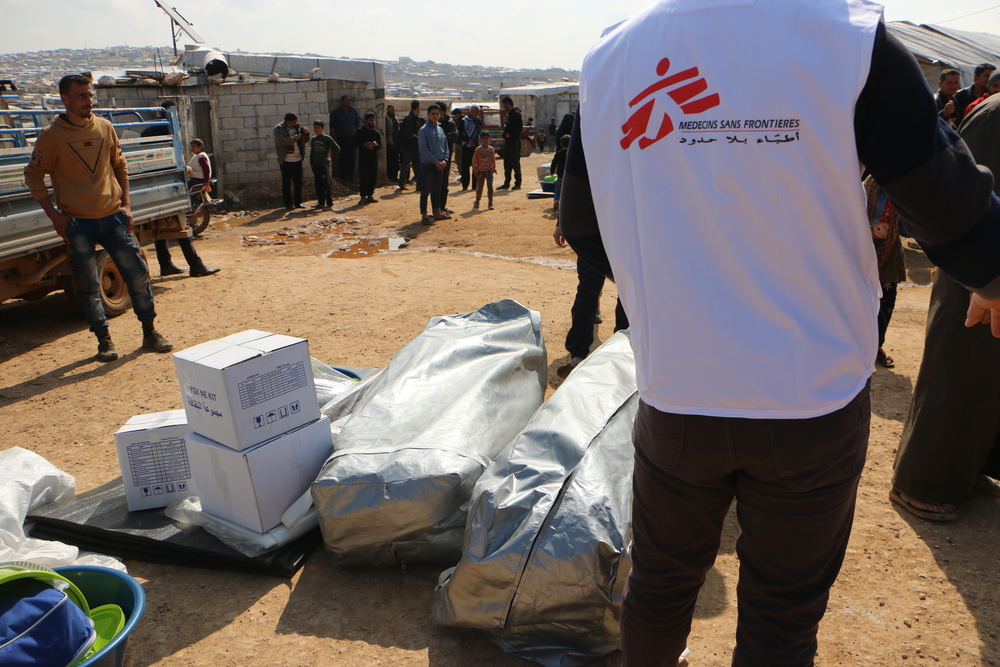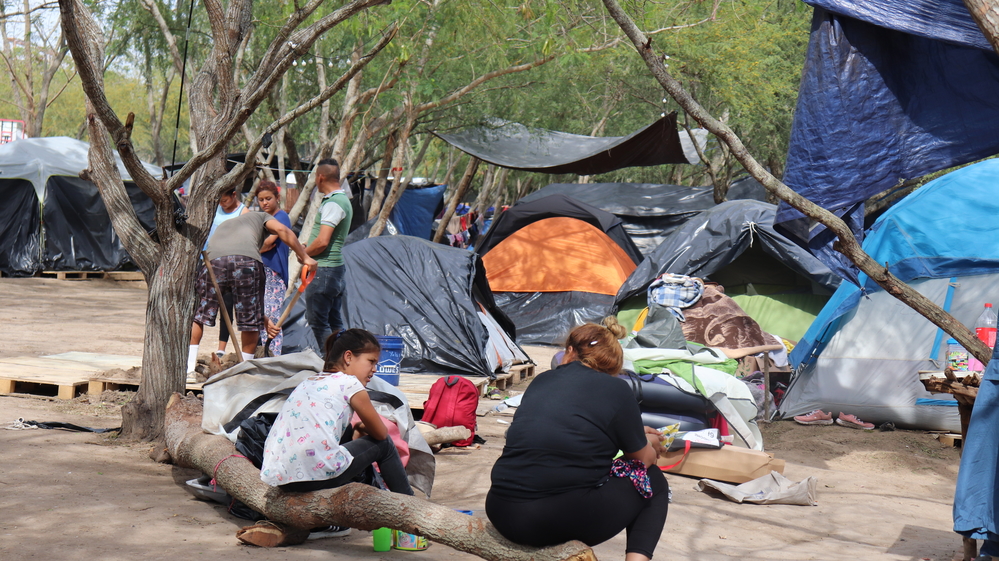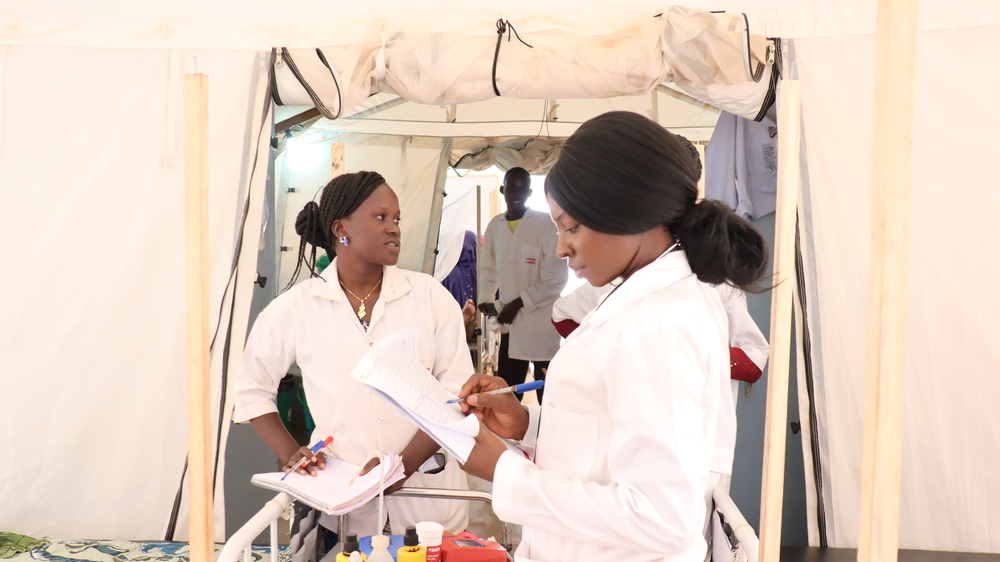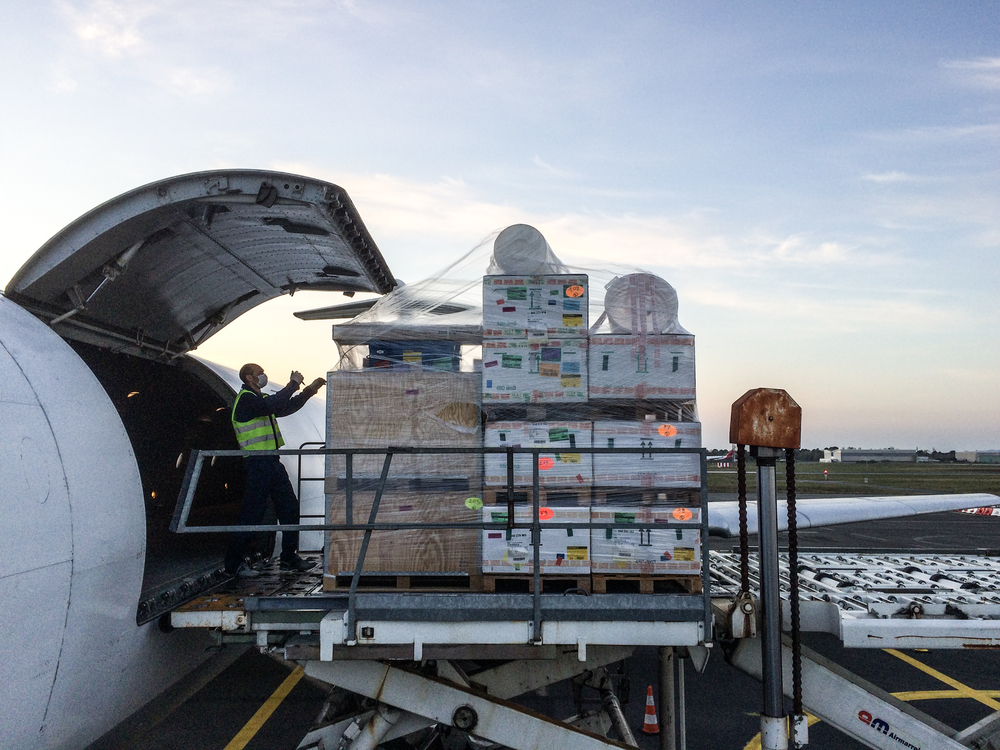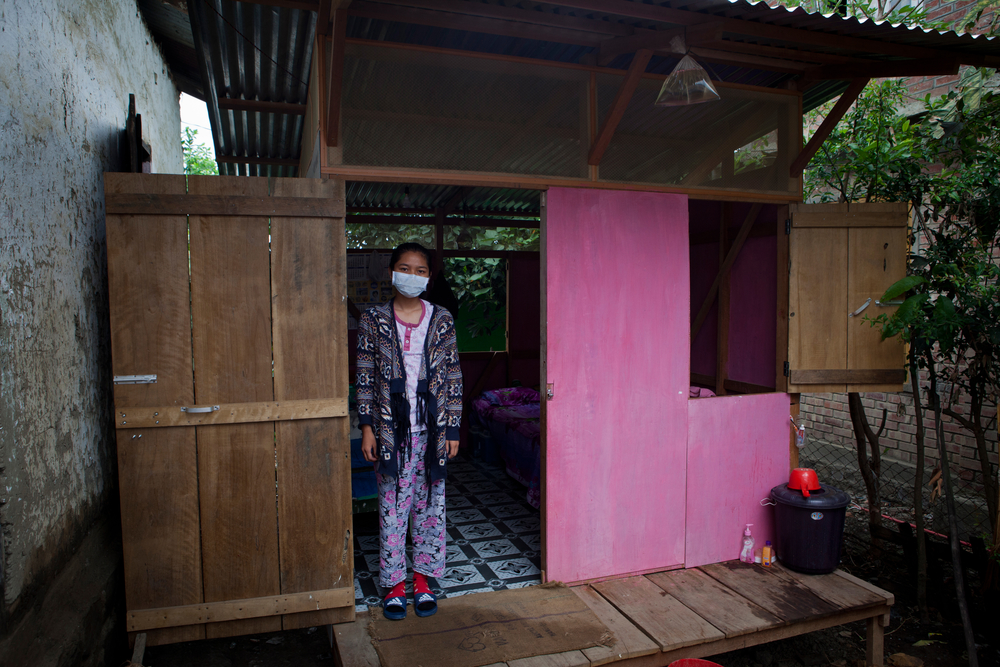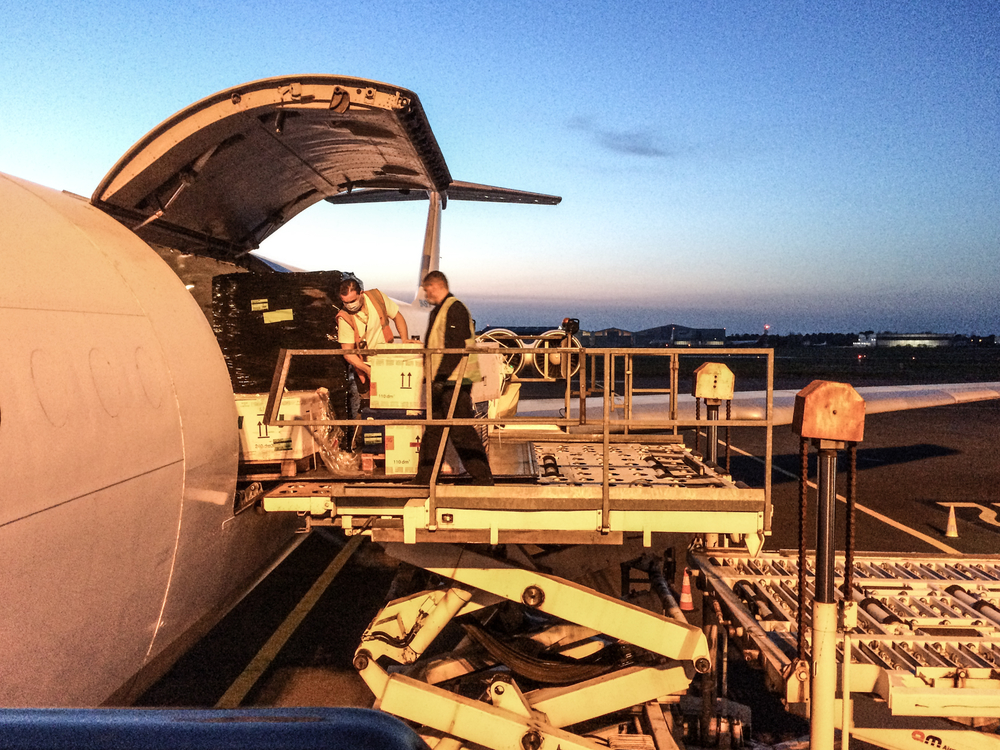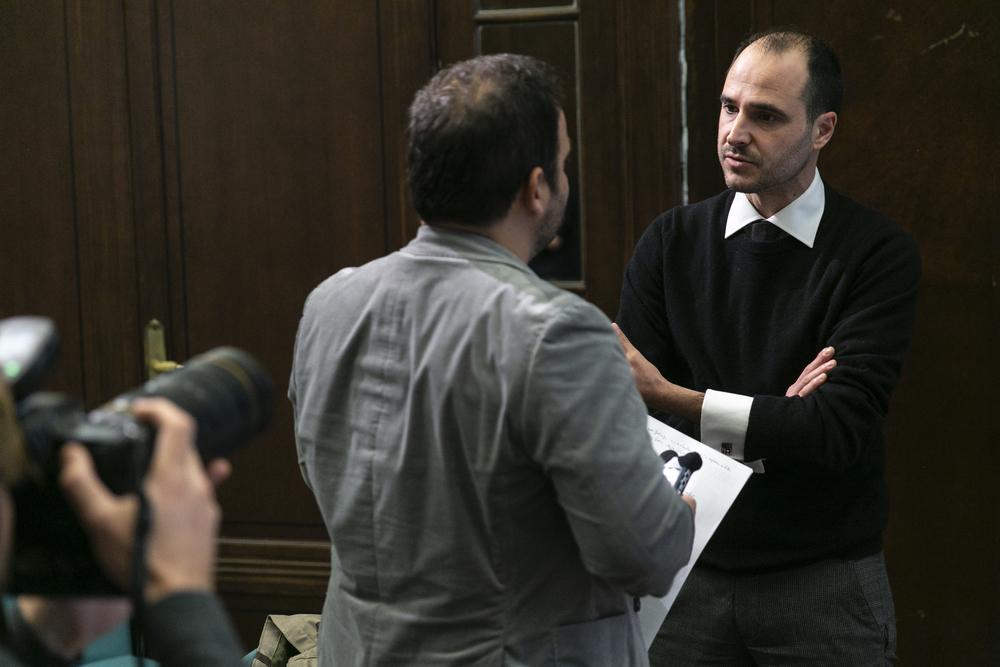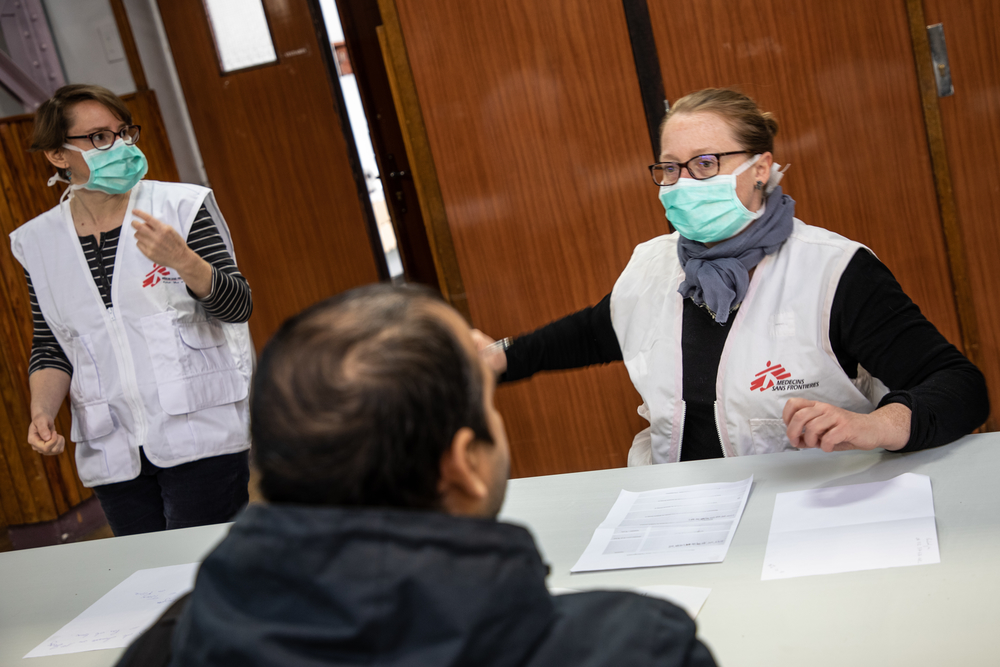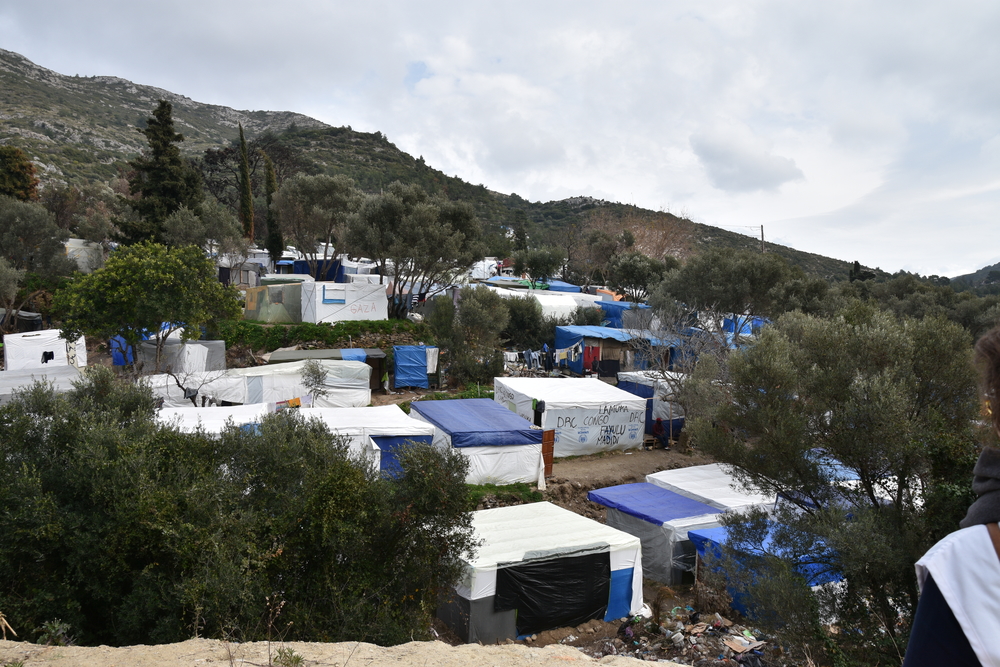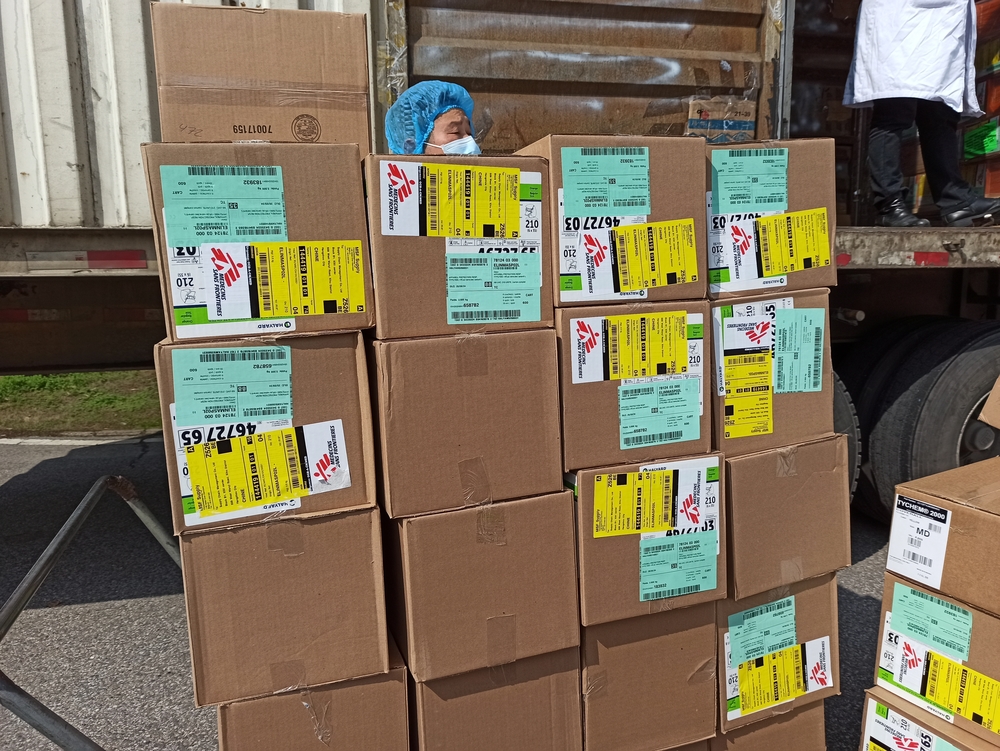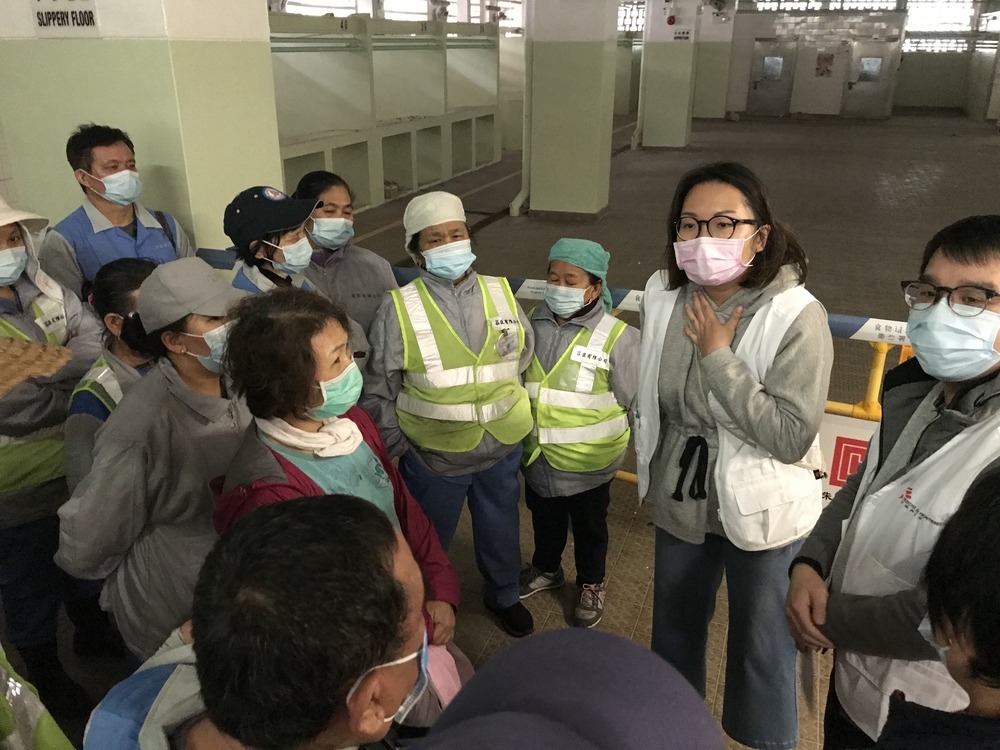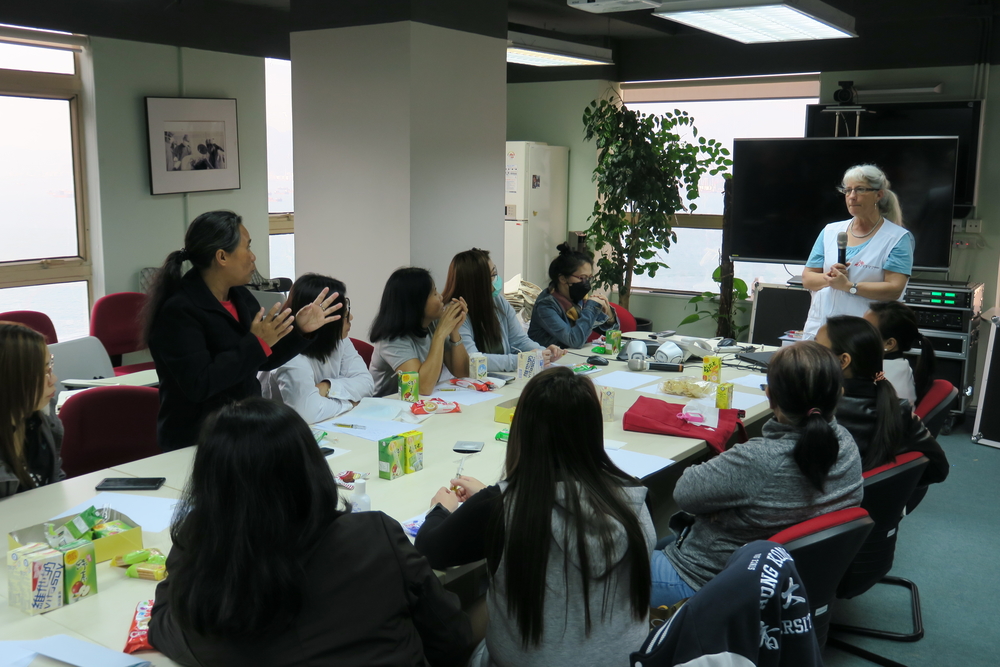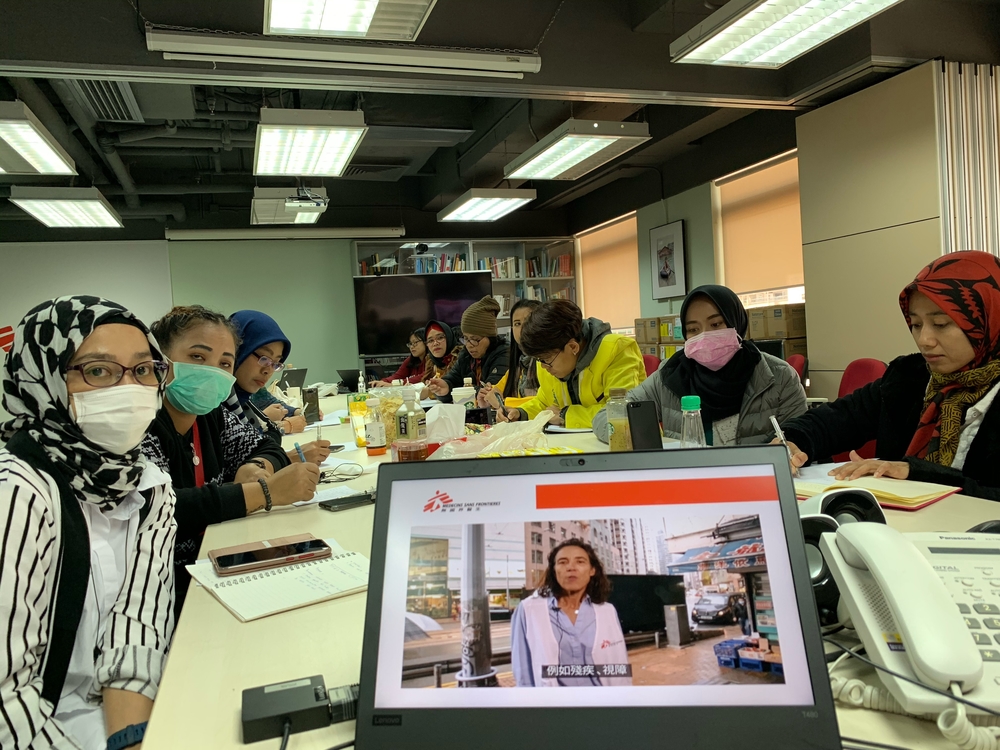Mexico: MSF supports migrants and homeless people at risk of COVID-19
As cases of COVID-19 rise in Mexico City, migrants, refugees and homeless people are receiving support from international medical organization Doctors Without Borders/Médecins Sans Frontières (MSF). The MSF team is visiting shelters, hostels, hotels and community kitchens to provide medical care and psychological support and to offer advice and practical help on preventive measures, aimed at the people using these facilities as well as the staff and volunteers who run them.
”During the lockdown, we have been visiting 15 different centres in the capital, which has been on health alert for several weeks because of the high number of infections,” says Dr Fabiola Hernández, in charge MSF’s response.
“Our medical activities are focused on health promotion, case detection, referral to public health centres and isolation of people suspected of having the disease,” says Dr Hernández. “We also teach prevention measures: ensuring a healthy distance, proper hand washing, correct use of masks and frequent cleaning of surfaces.”
“We distribute a manual with recommendations for those in charge of the shelters and for those who are directly involved in caring for people on the move along the migration route in Mexico and for other vulnerable groups in the city,” says Dr Hernández. “The manual helps in their training and in establishing basic infection prevention and control measures.”
Staff and volunteers at the shelters and street kitchens are also being trained by MSF in the proper use of protective equipment, waste management, laundry, symptom detection, establishing circuits to prevent contamination and what to do in a medical emergency.
MSF’s logistics team are also helping with water and sanitation, where needed. “We put a lot of emphasis on access to clean water and the cleanliness of spaces,” says Yolanda Rabago, MSF’s logistics supervisor in Mexico City. “With COVID-19, the main preventive measure is proper hand washing. We’ve found places that have no easy access to water, so we install hand basins or taps at the entrances and in the dining rooms, and provide them with chlorine, cleaning materials and protective equipment. It’s very basic but very important in preventing the spread of infection.”
Information from the community is important
The MSF team’s direct contact with people allows them to answer questions, clarify doubts and address the myths surrounding COVID-19. Understanding how the virus spreads is the first step to preventing outbreaks of the disease in places such as shelters for migrants and the homeless, where it can be difficult to monitor the health conditions of residents.
“Bringing information is essential to avoid exposing migrants and homeless people to more risks than they already face,” says Dr Hernández.
During their visits, the MSF team also tell people about MSF’s mental health helpline – a free and confidential service set up in January 2020. The helpline, which can be reached by both landline and mobile phone (telephone: 800 999 3321 or WhatsApp: +52 55 9130 6252) is aimed at migrants and refugees across Mexico who are in need of psychological care.
“We are assisting a group of people who were already vulnerable before the COVID emergency but who now, in the midst of the pandemic, are even more so,” says Fabiola Hernández. “Any action that enables them to access basic services such as clean water, sanitation and medical and psychological care is essential at this time.”
MSF teams working on the migration route have visited different migrant shelters in Tijuana, Baja California; Ciudad Juarez, Chihuahua; Tapachula, Chiapas; Tierra Blanca, Coatzacoalcos, Oluta, Veracruz; Huehuetoca, State of Mexico; Monterrey, Nuevo Leon; Saltillo, Ciudad Acuña, Coahuila and Piedras Negras, Sonora to carry out trainings on COVID-19. In addition, MSF has provided support at the Samuel Rodríguez Moreno Psychiatric Hospital in Mexico City, the Renacimiento General Hospital in Acapulco, and the Chilpancingo General Hospital in Guerrero.
